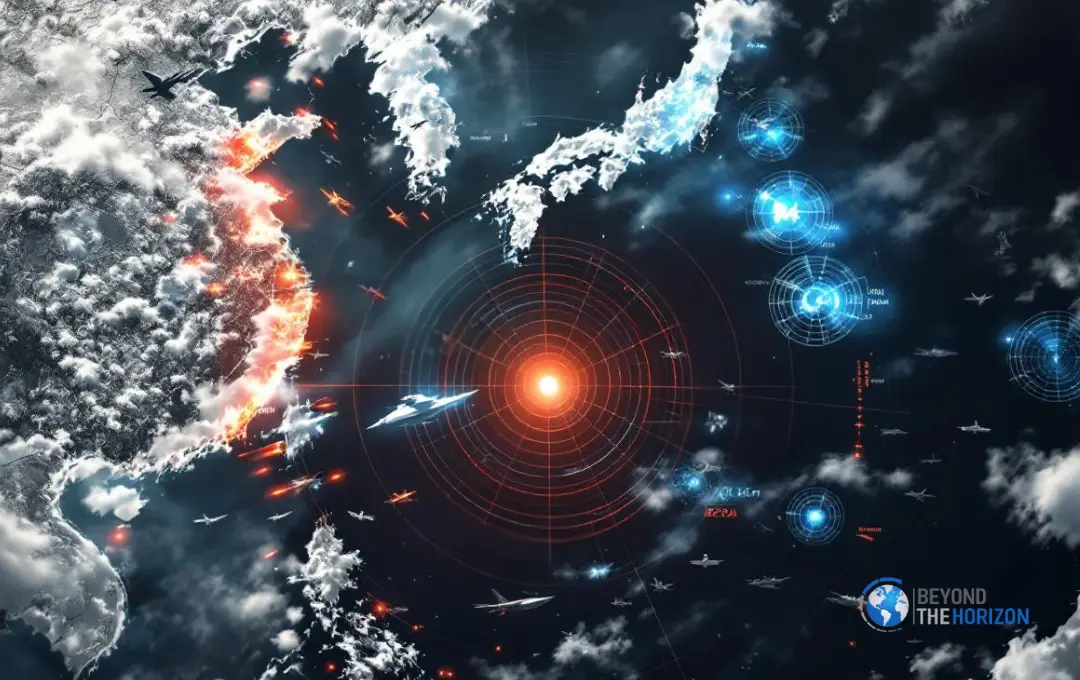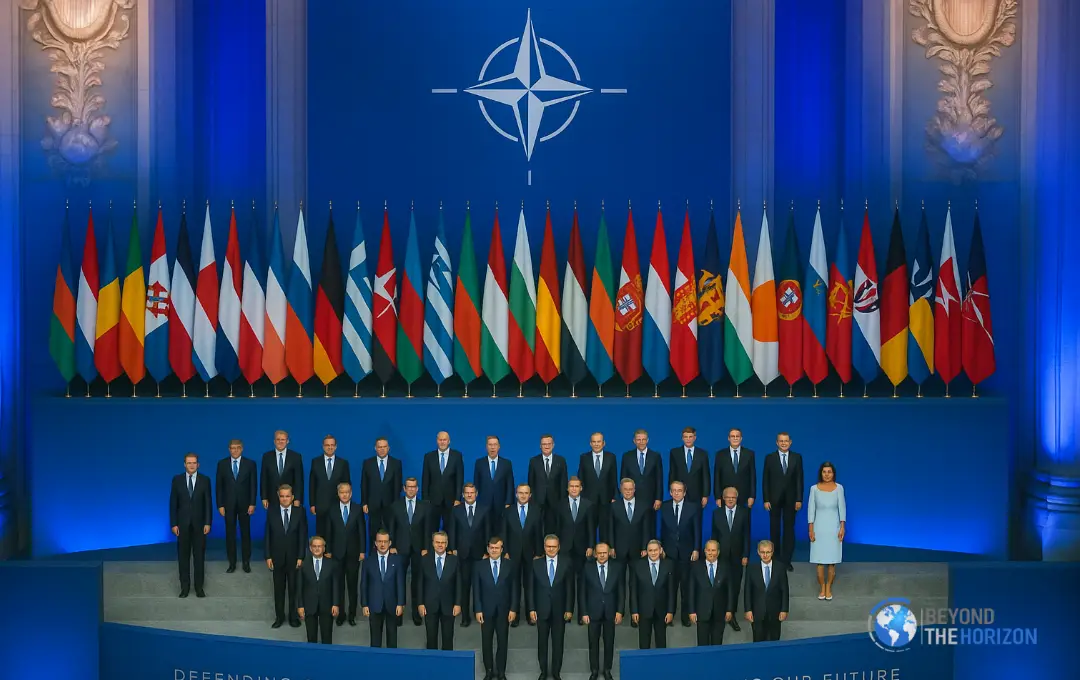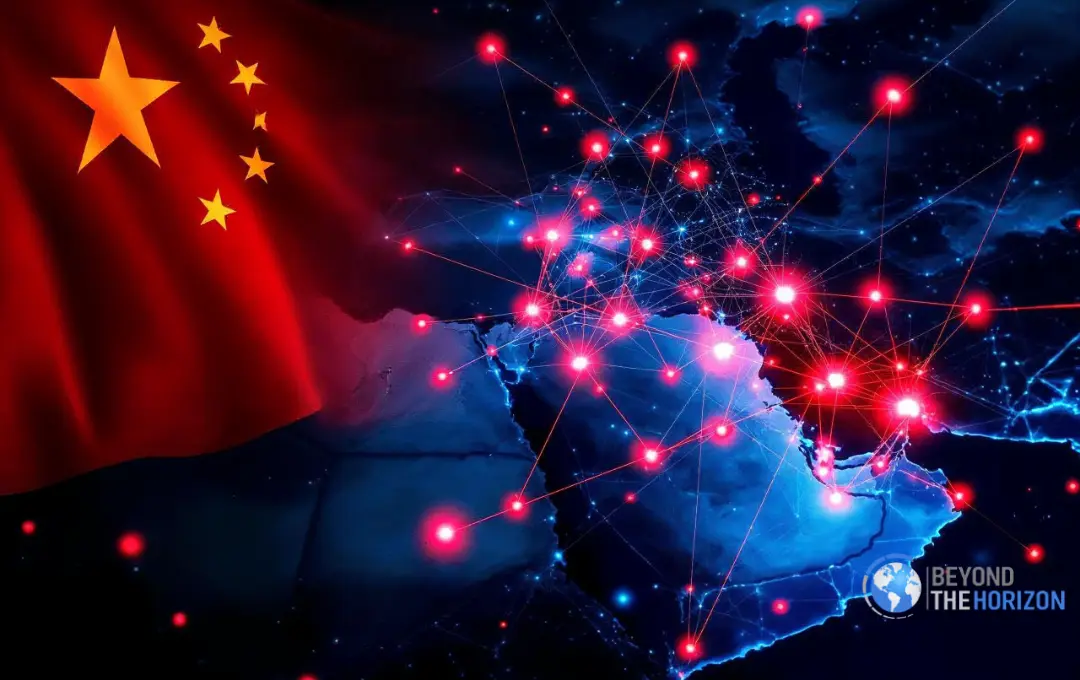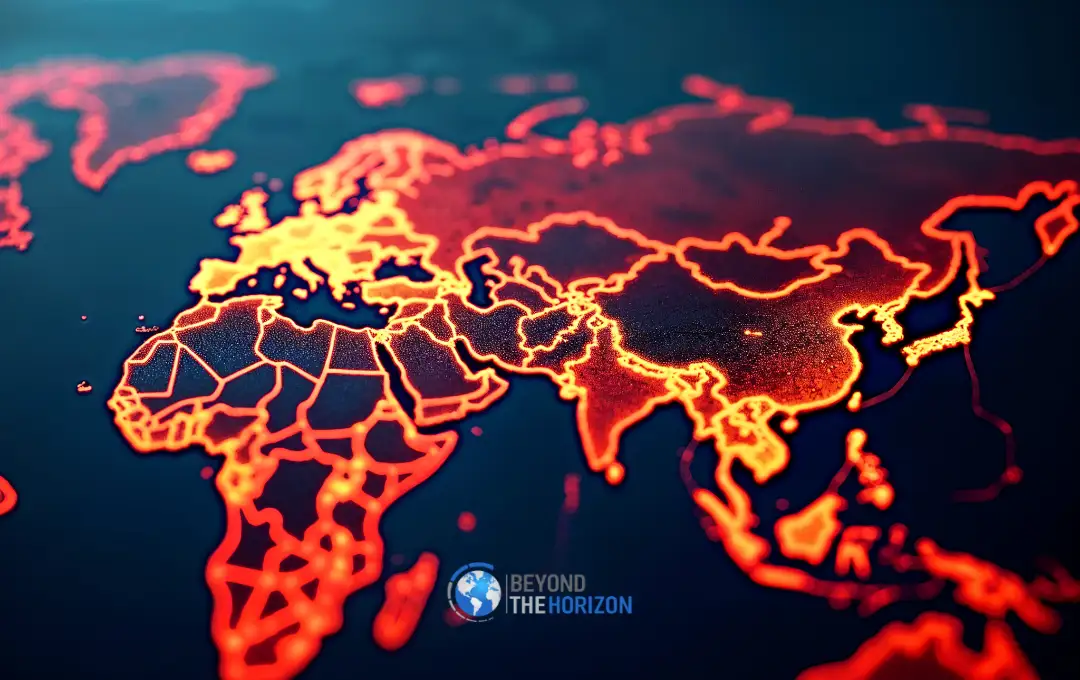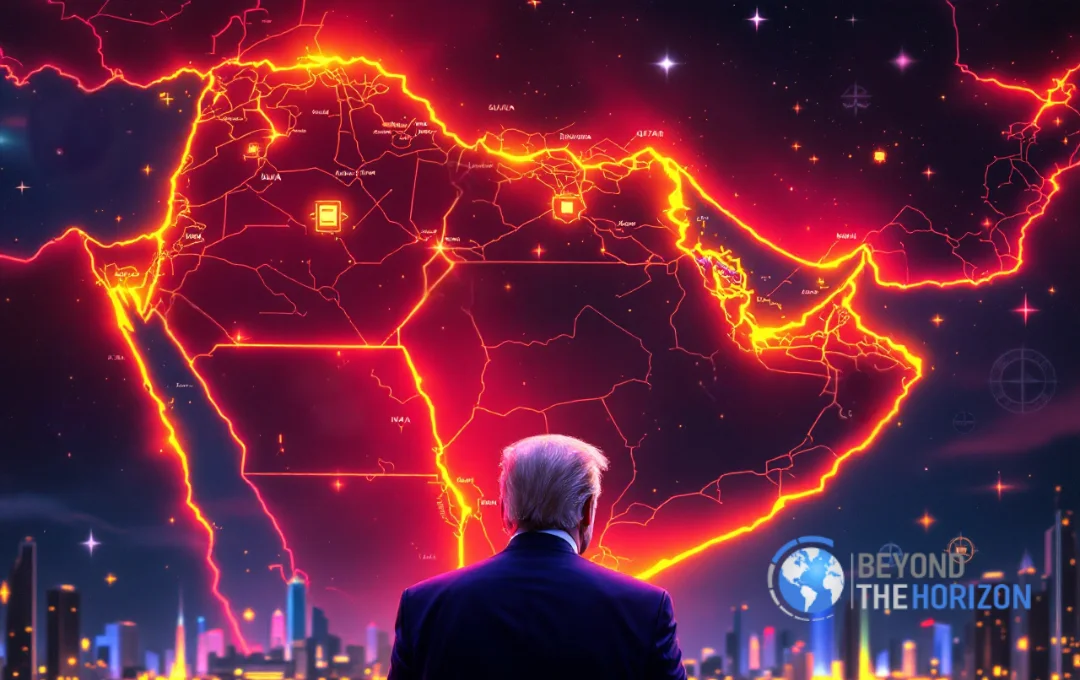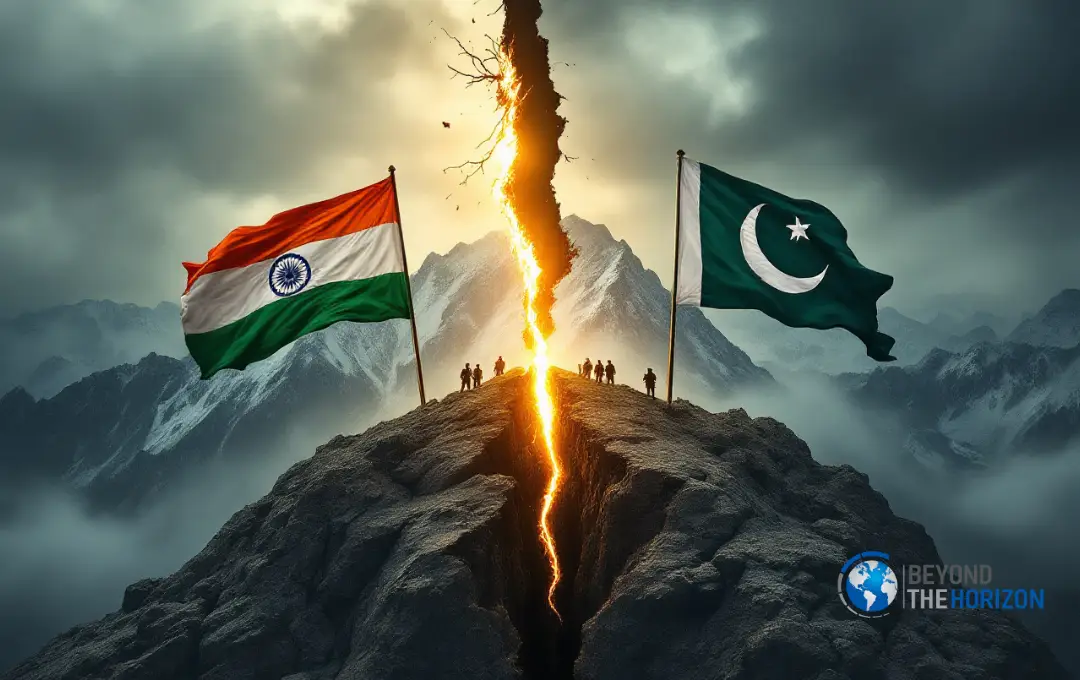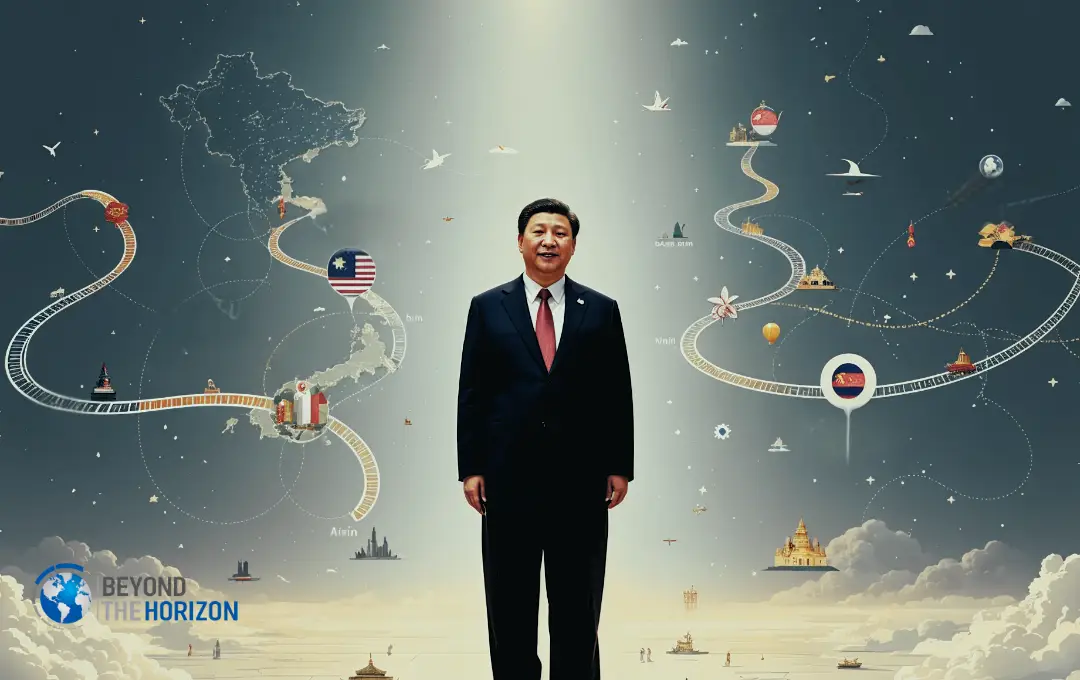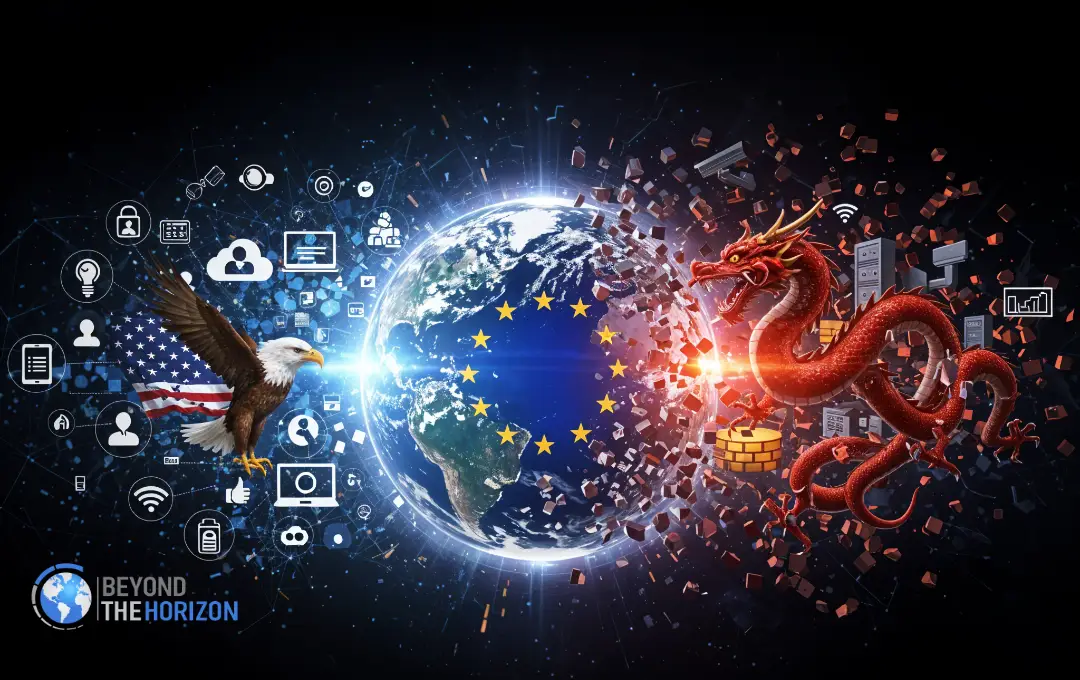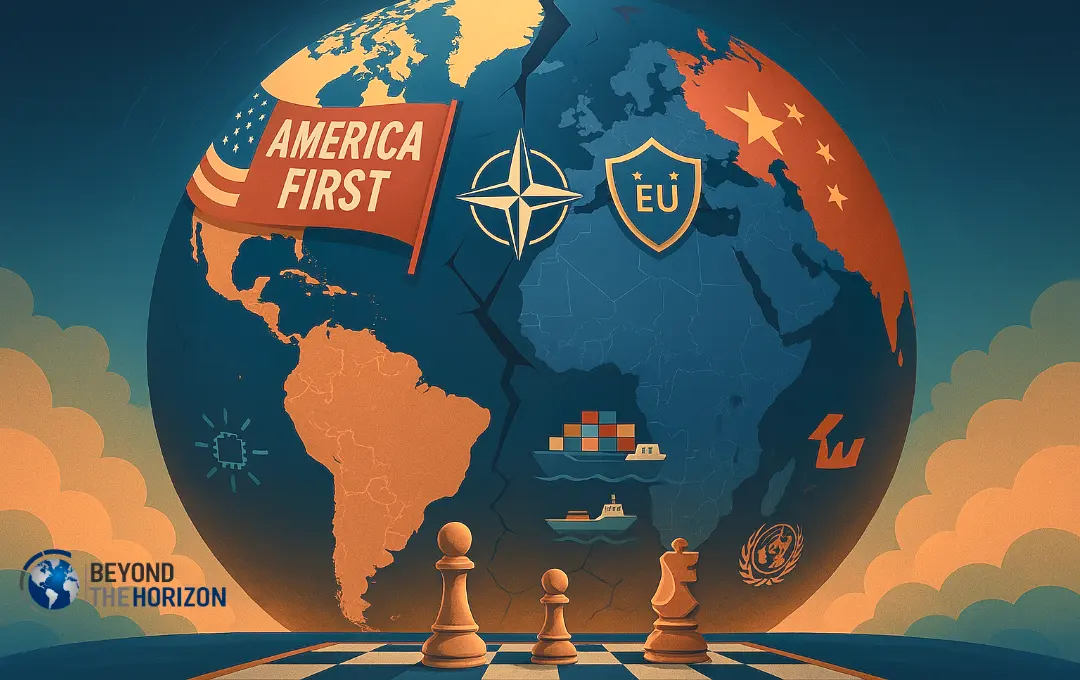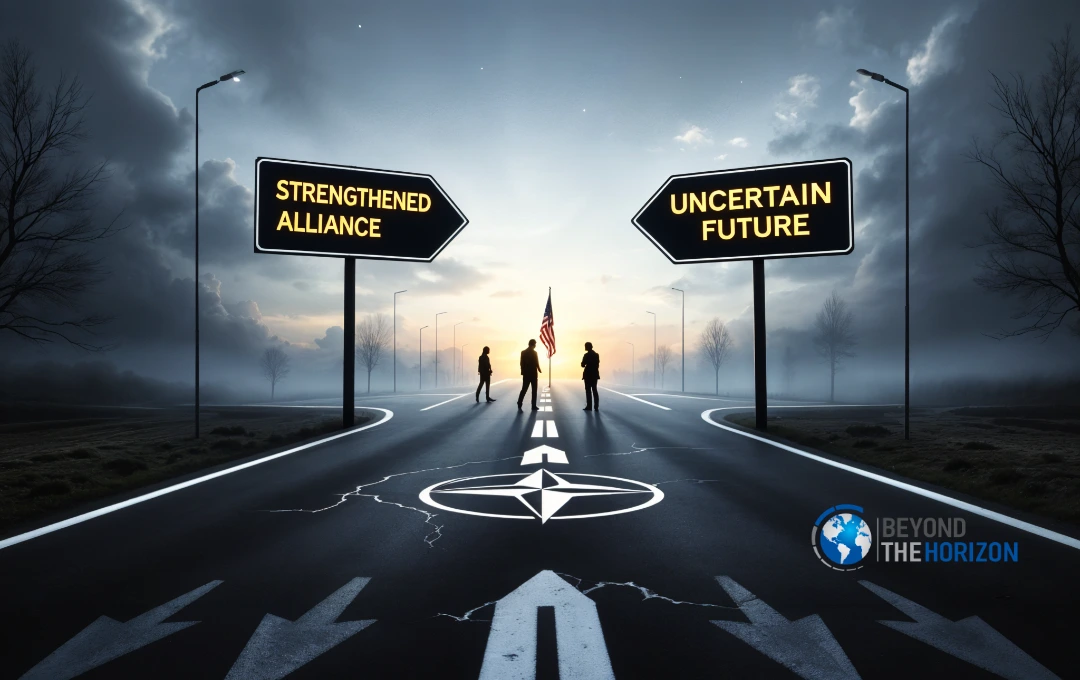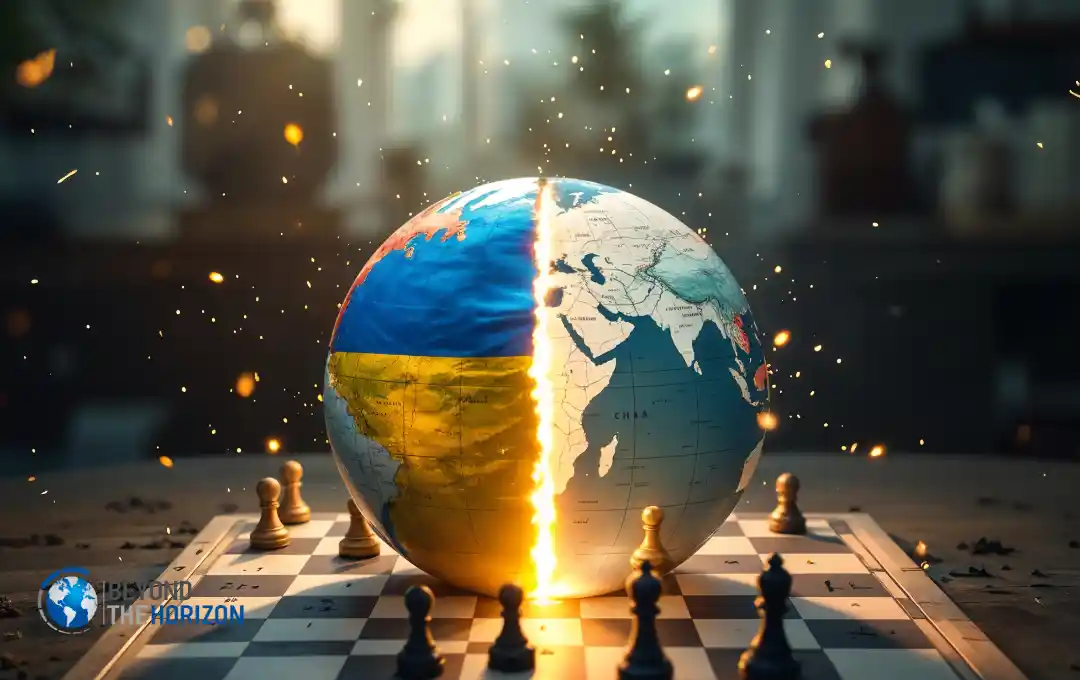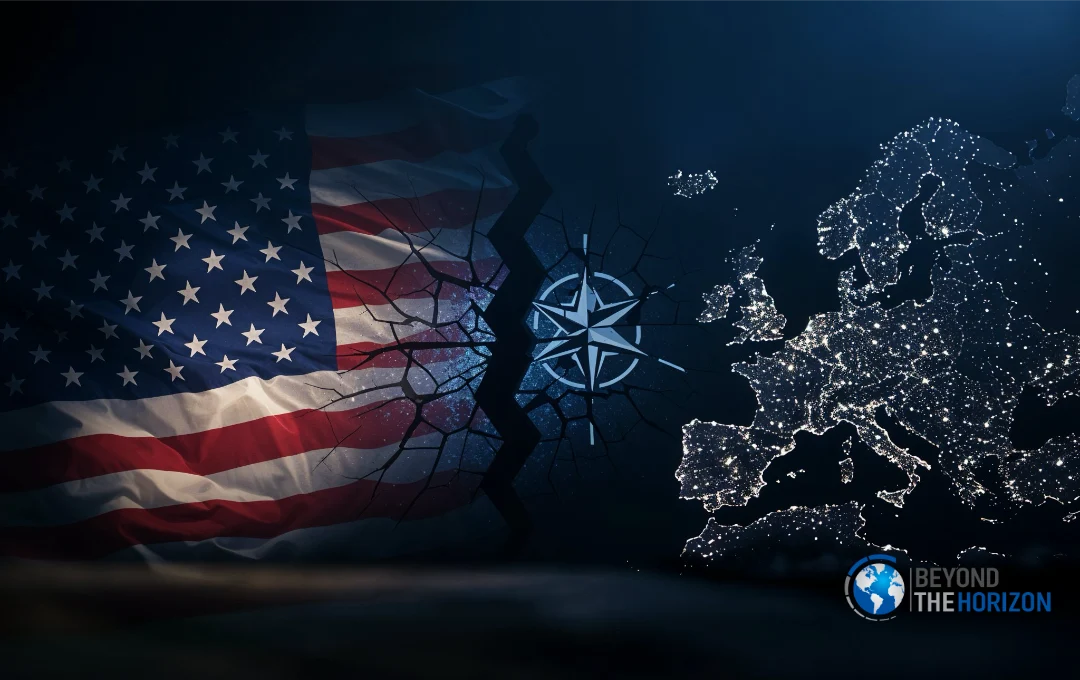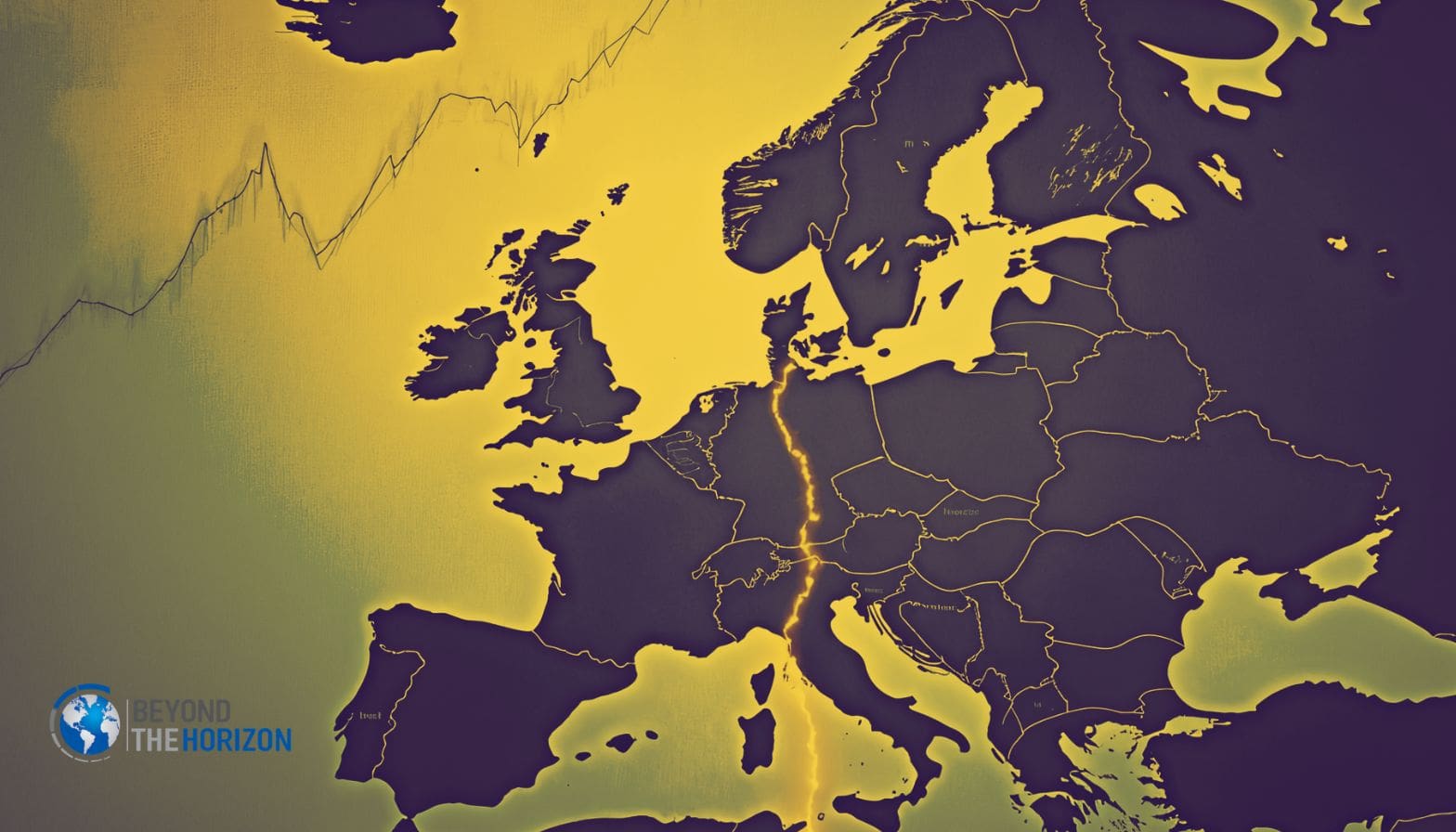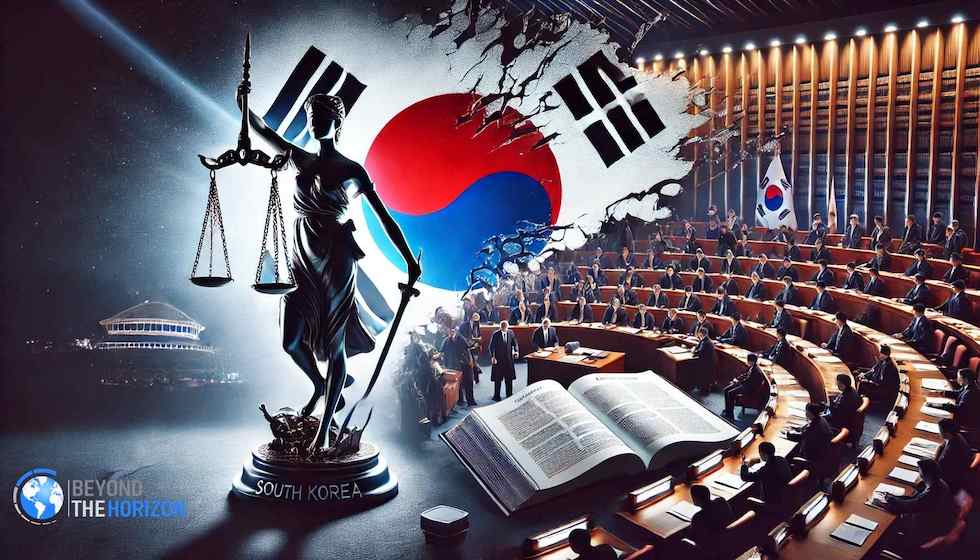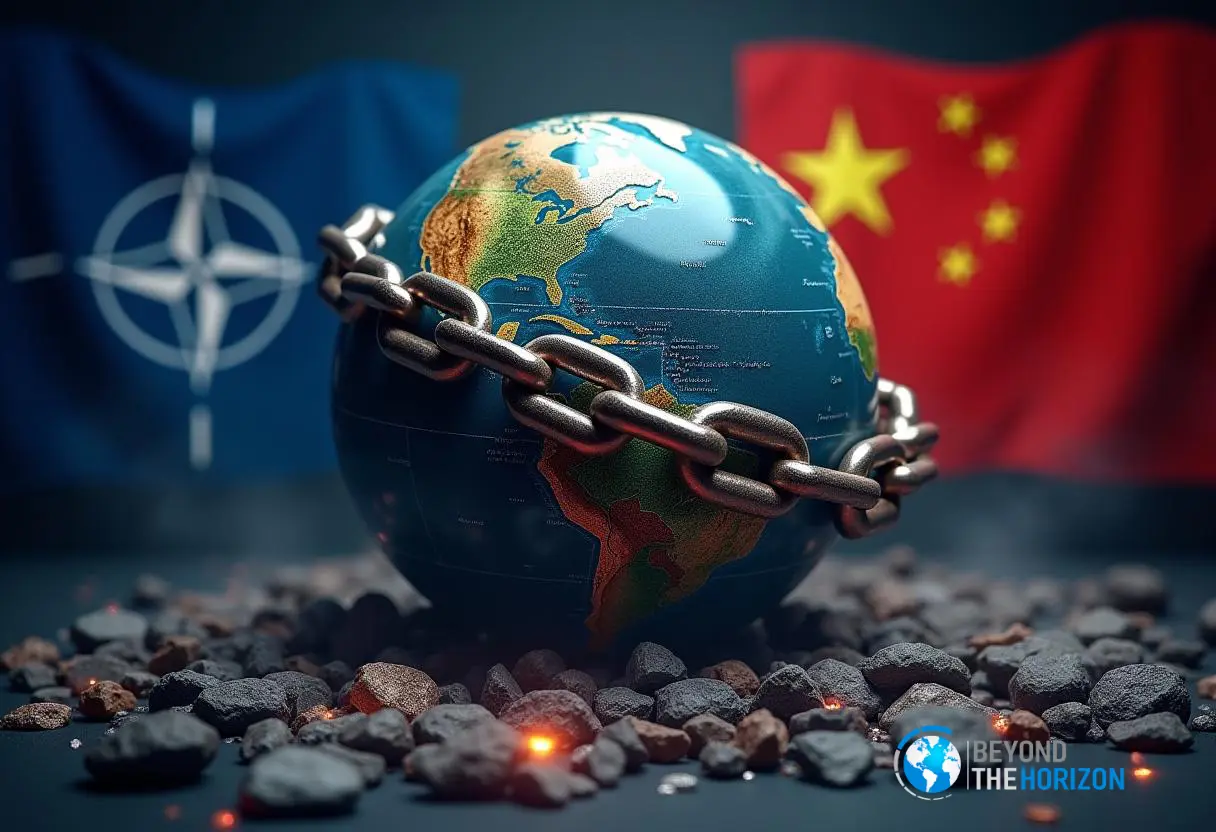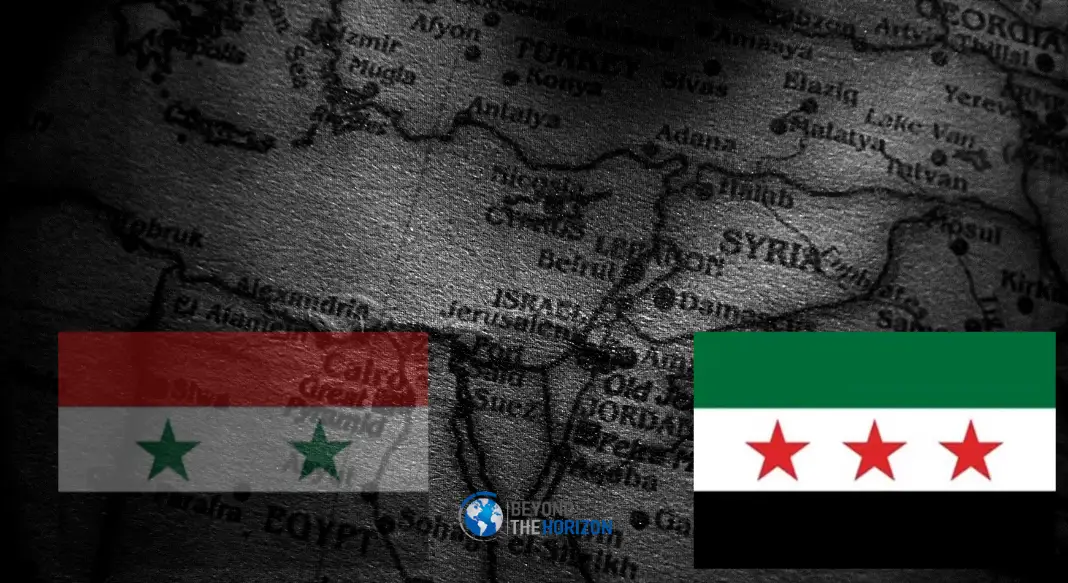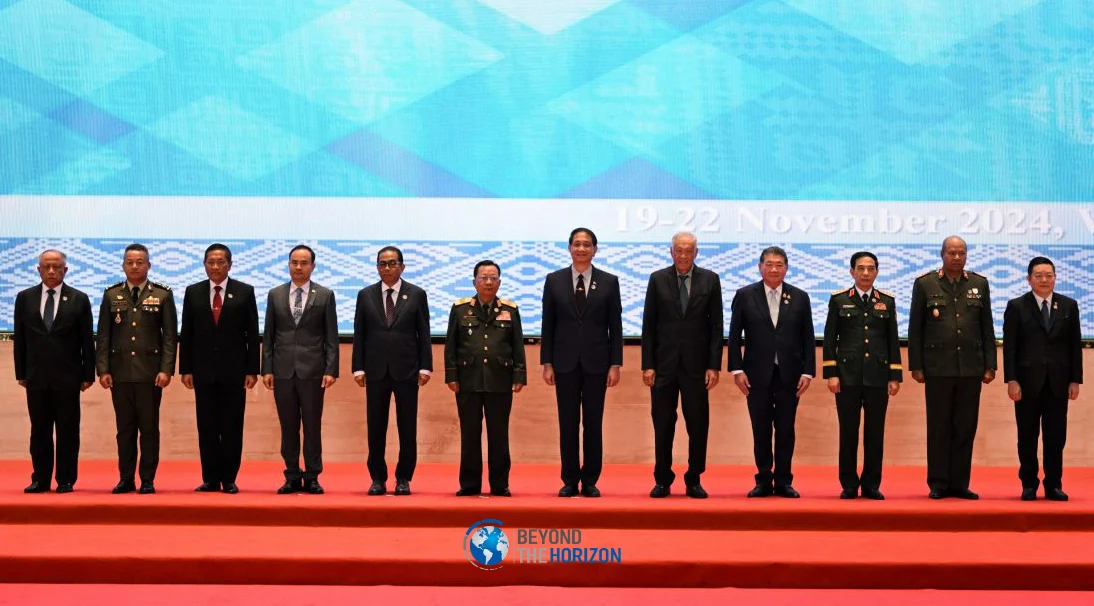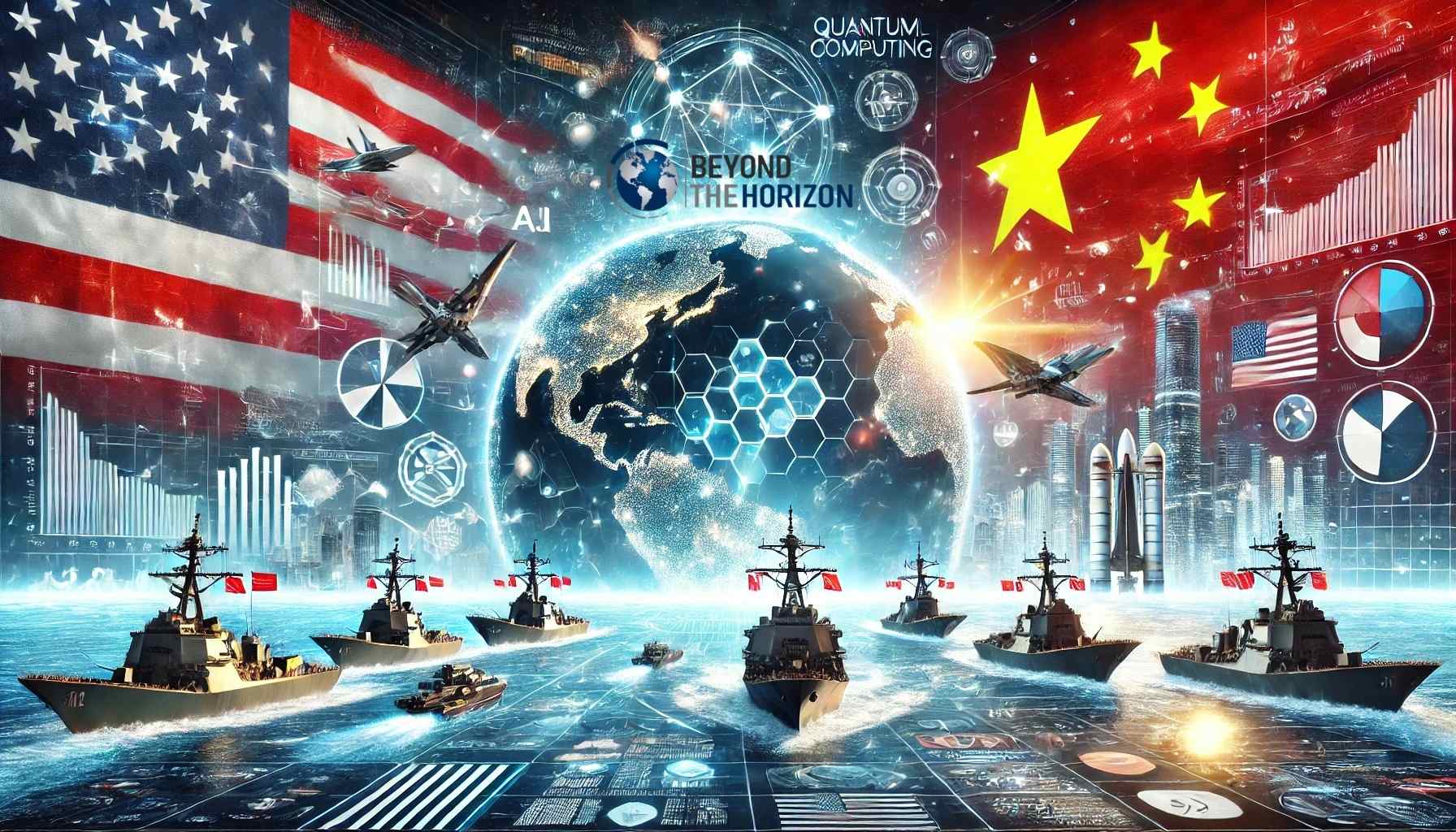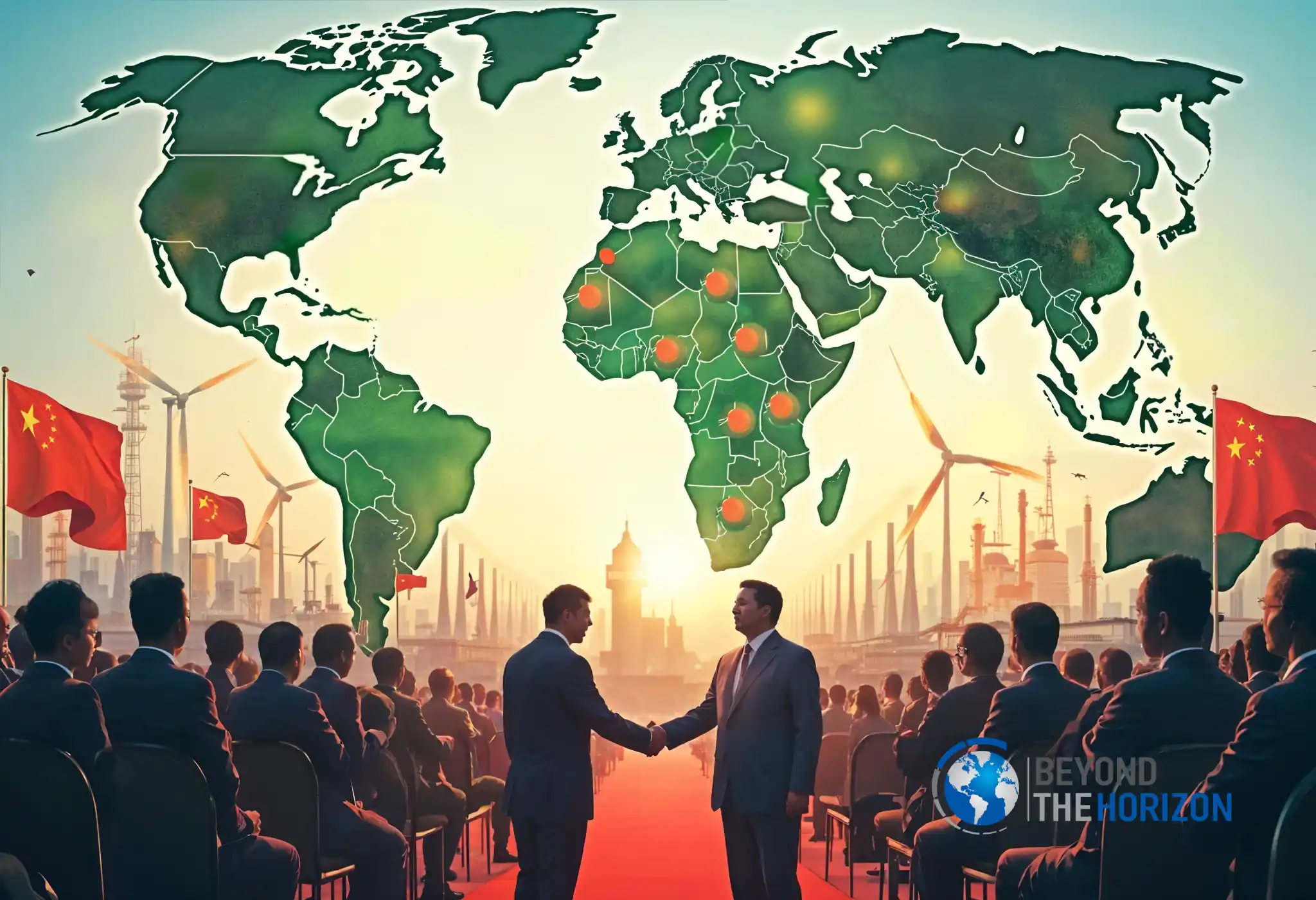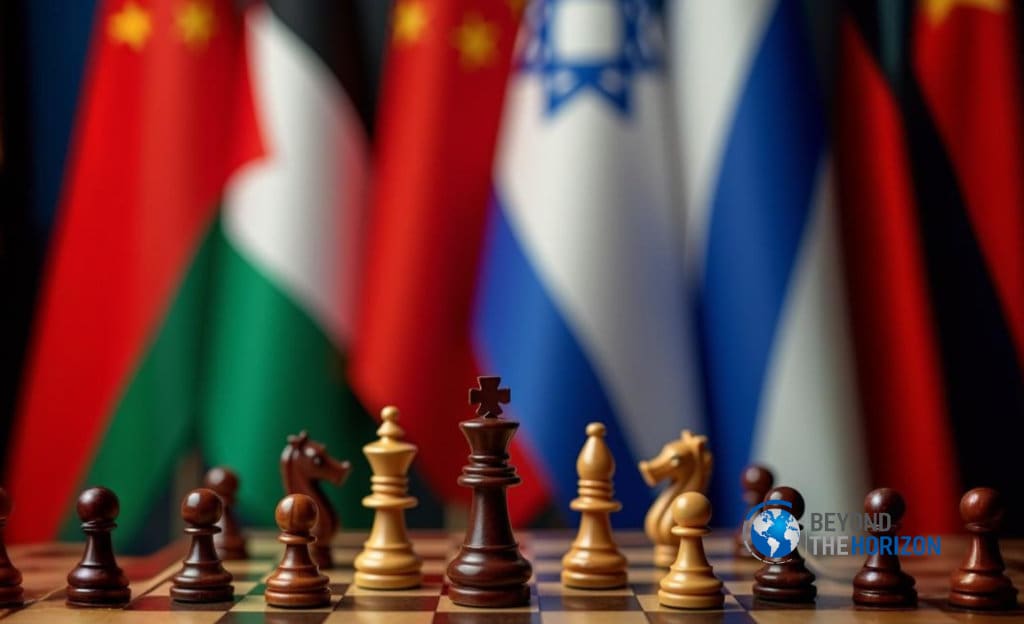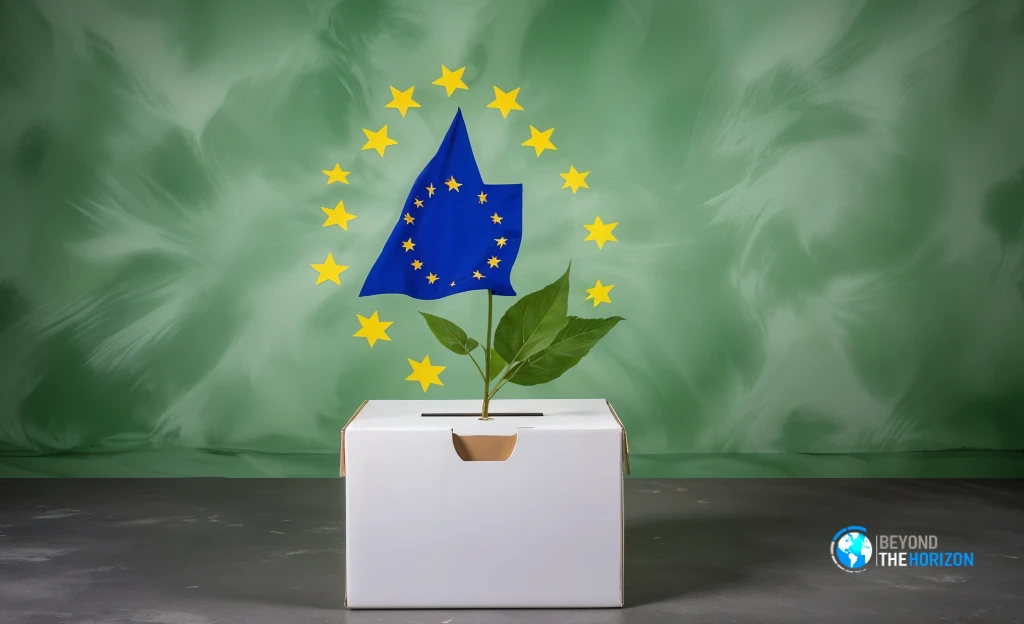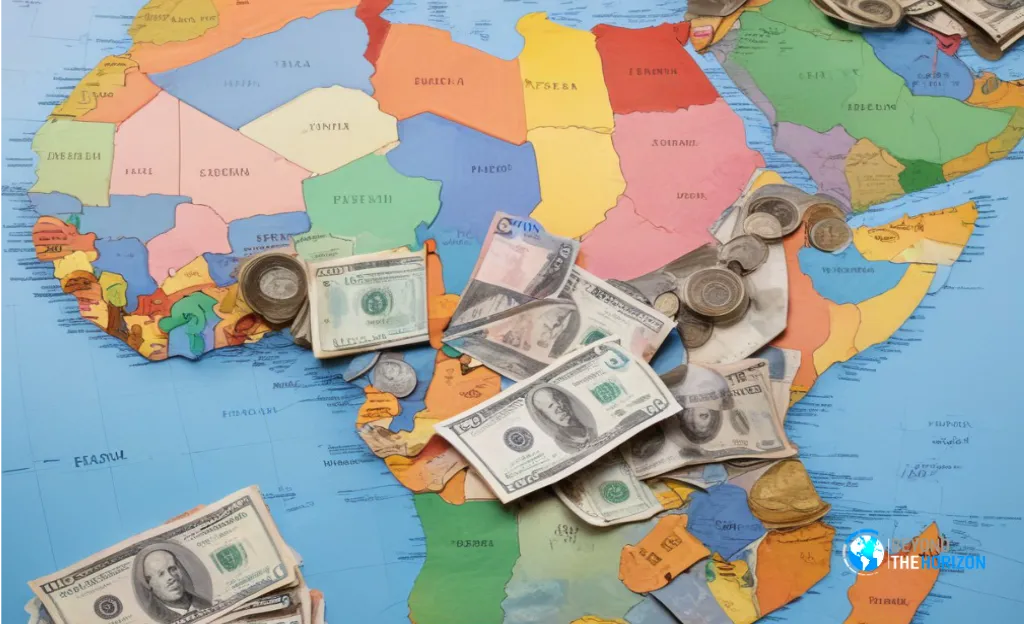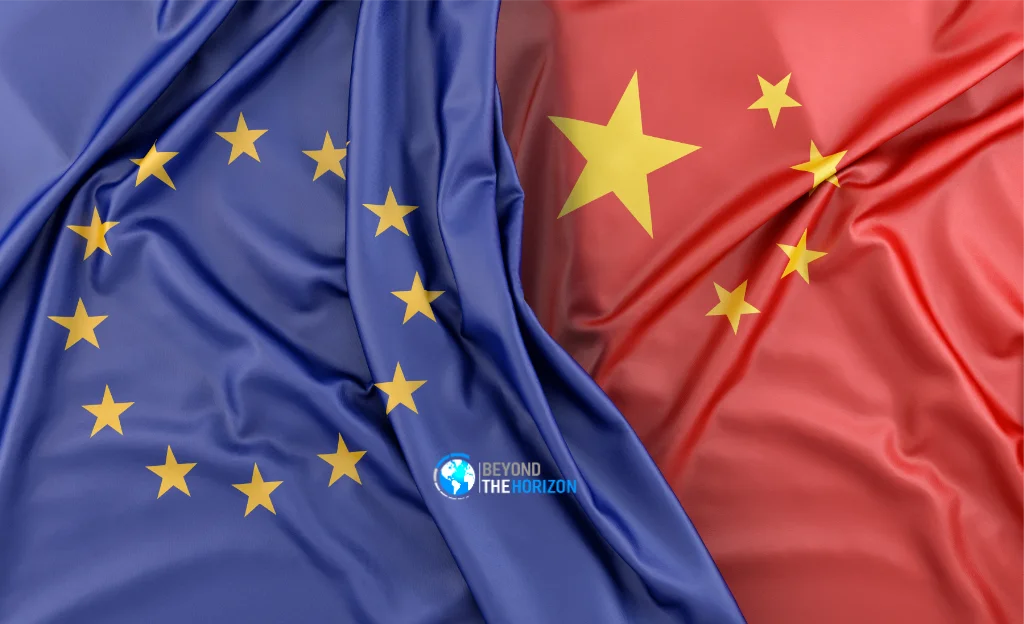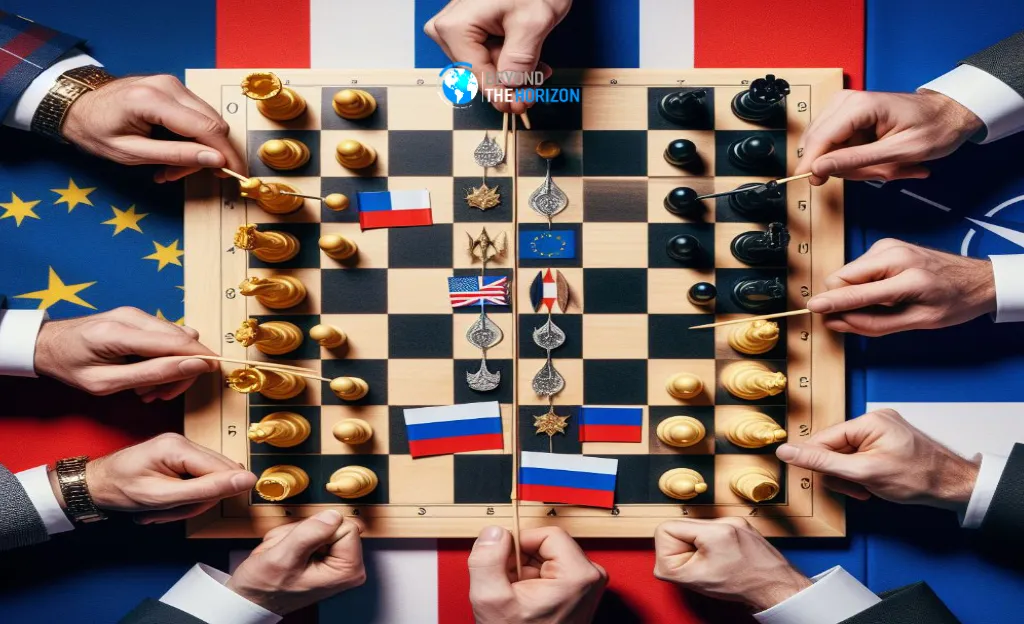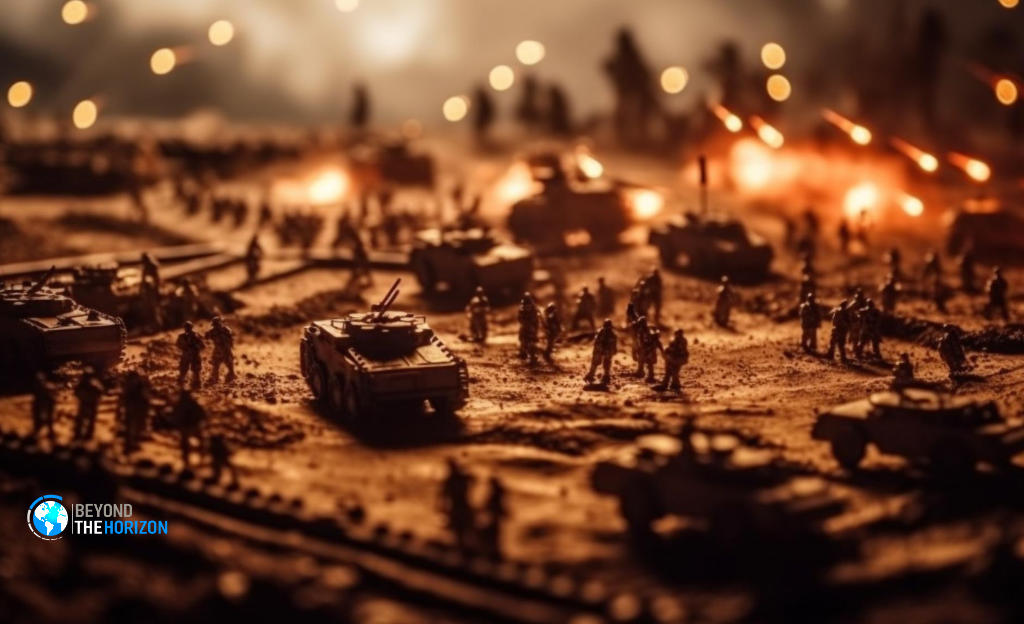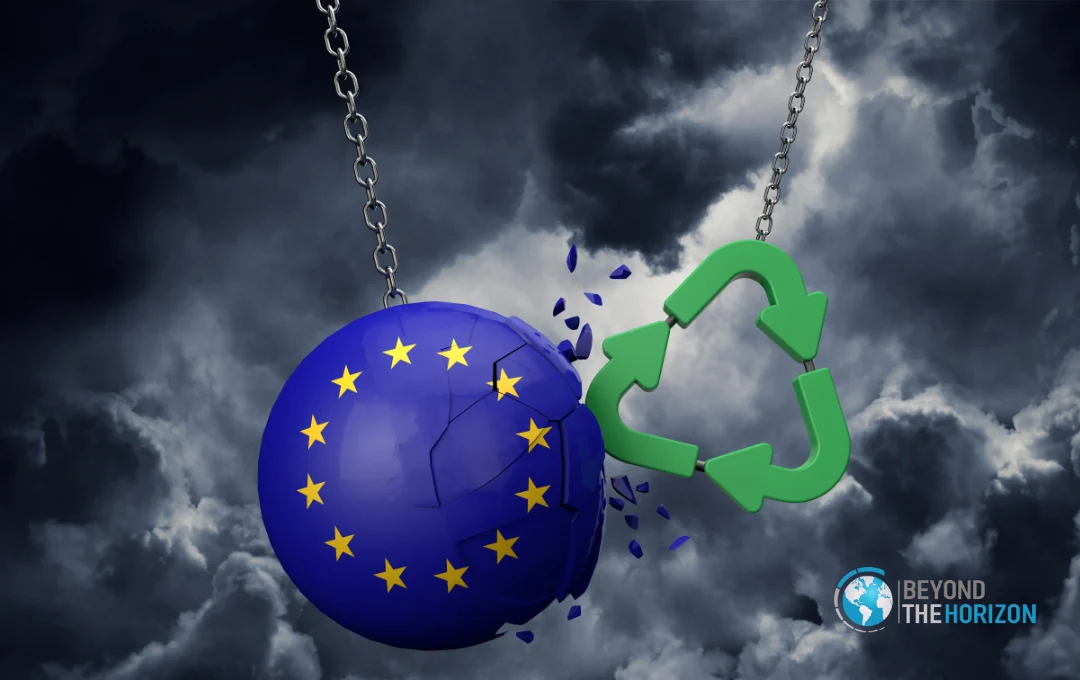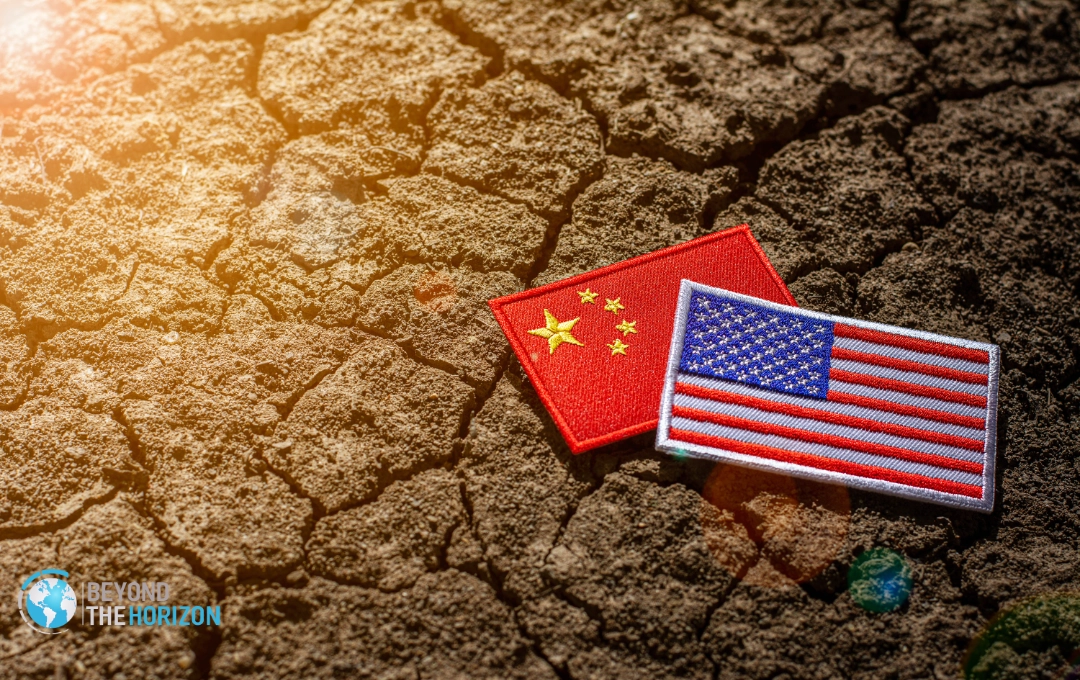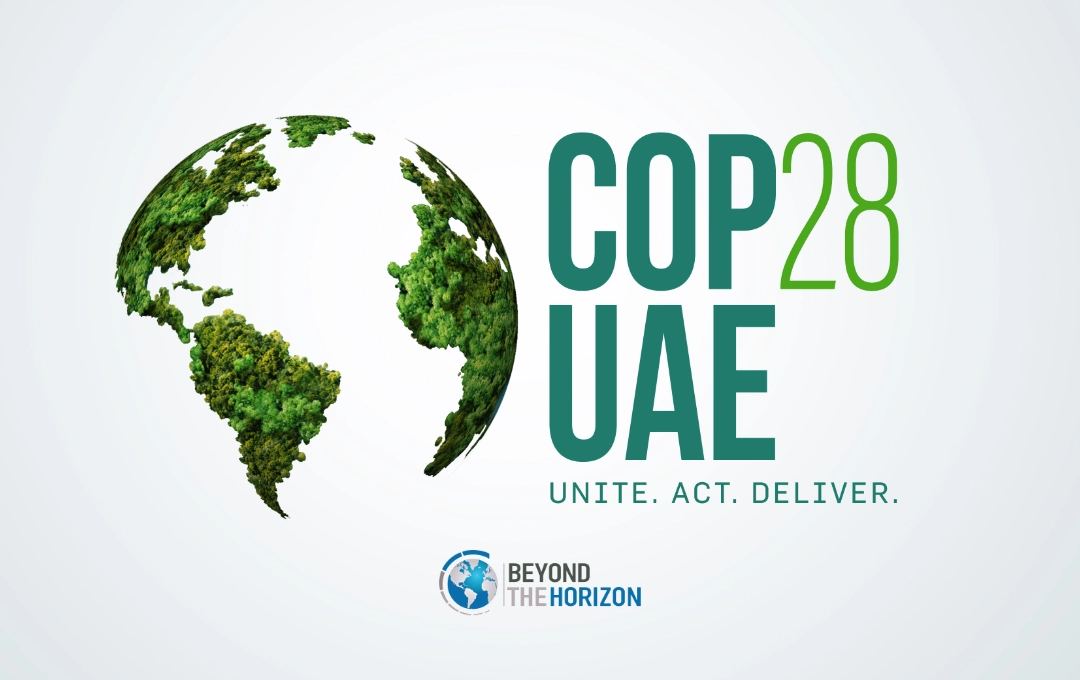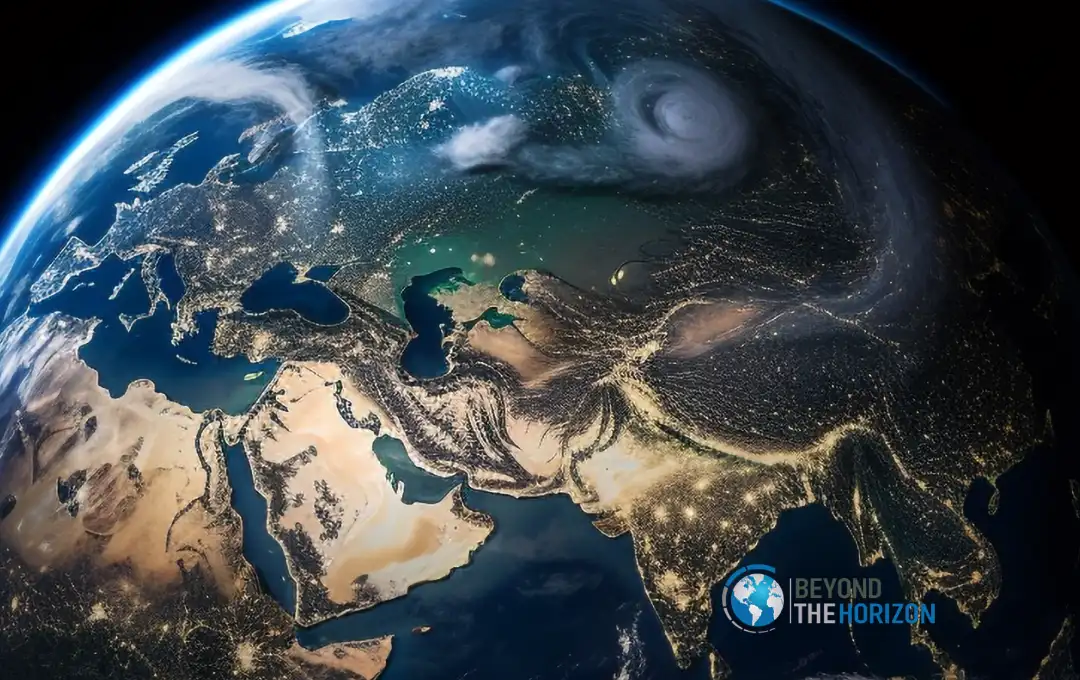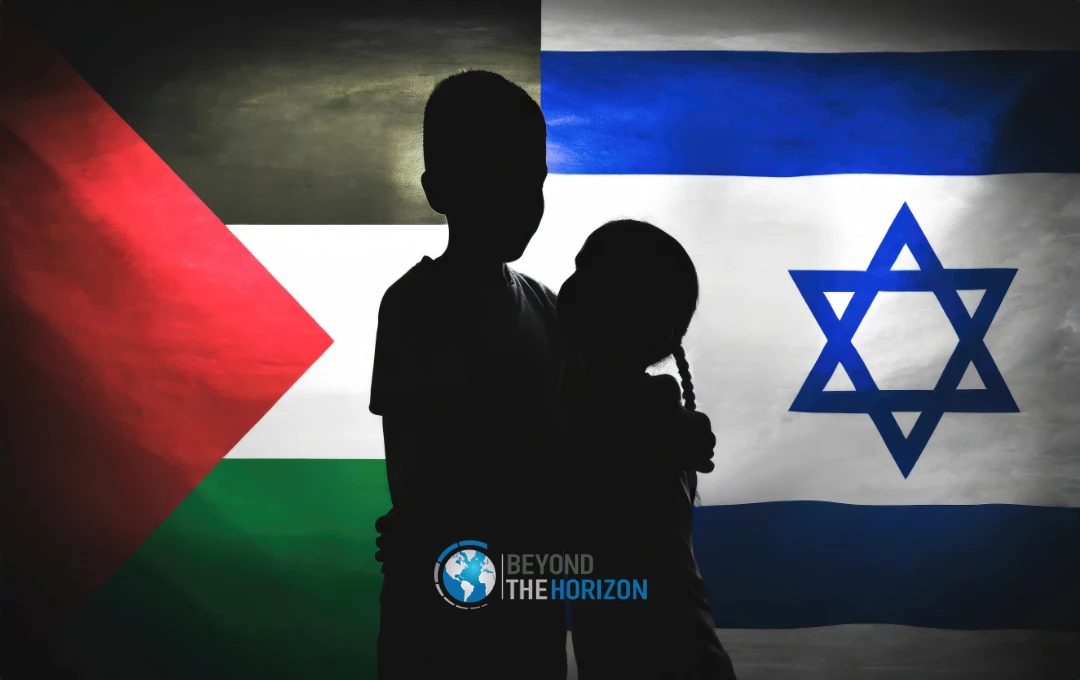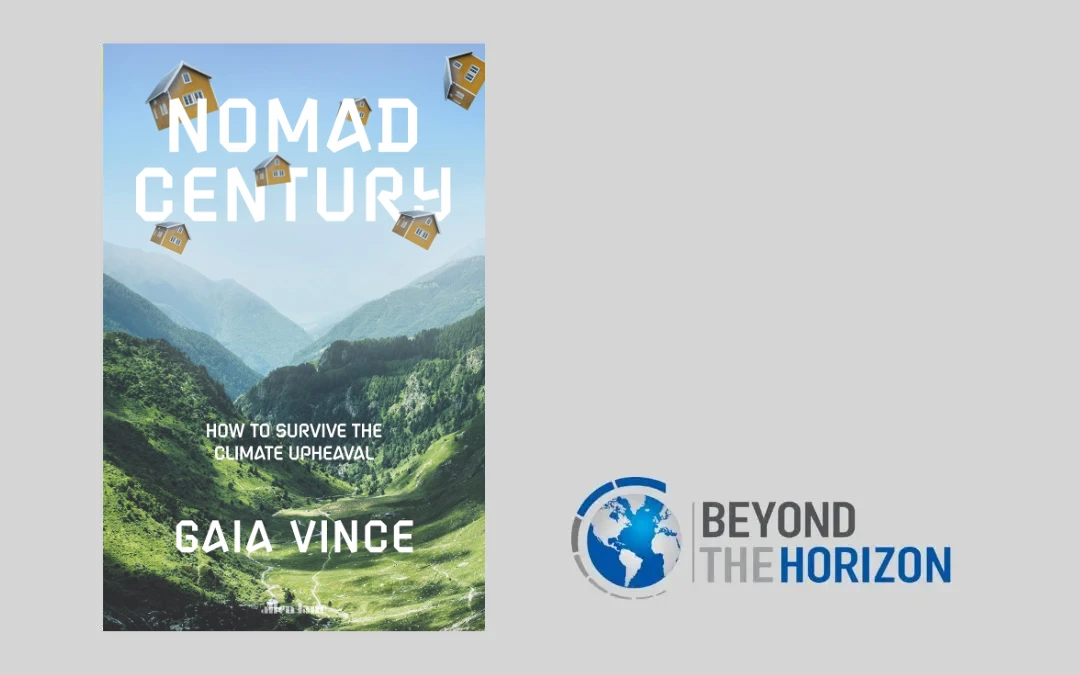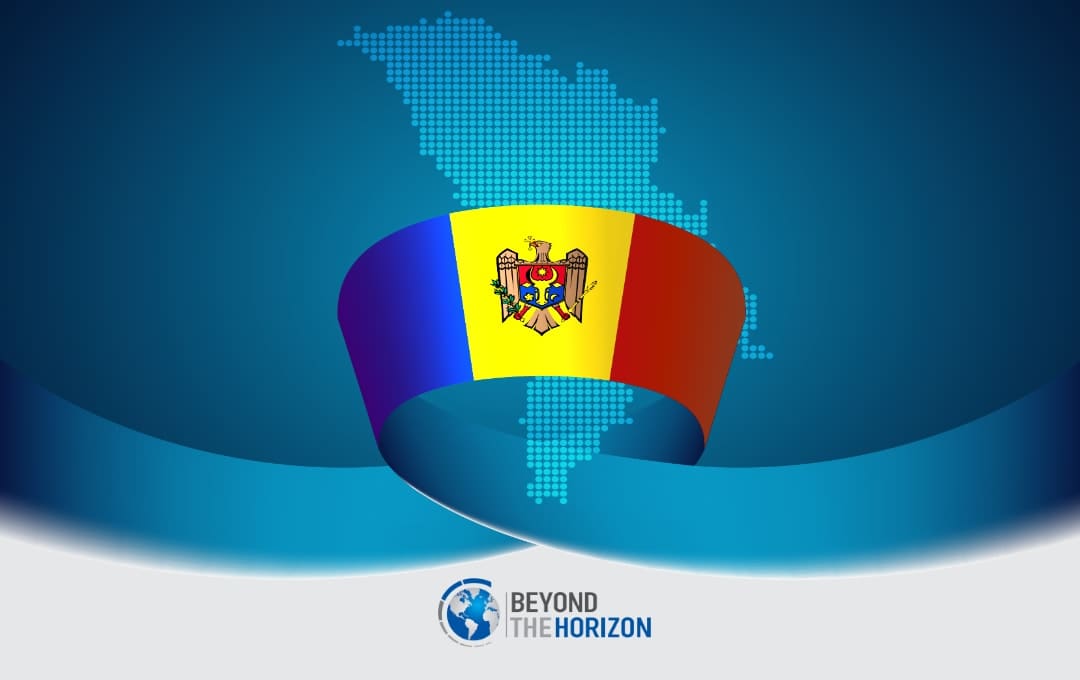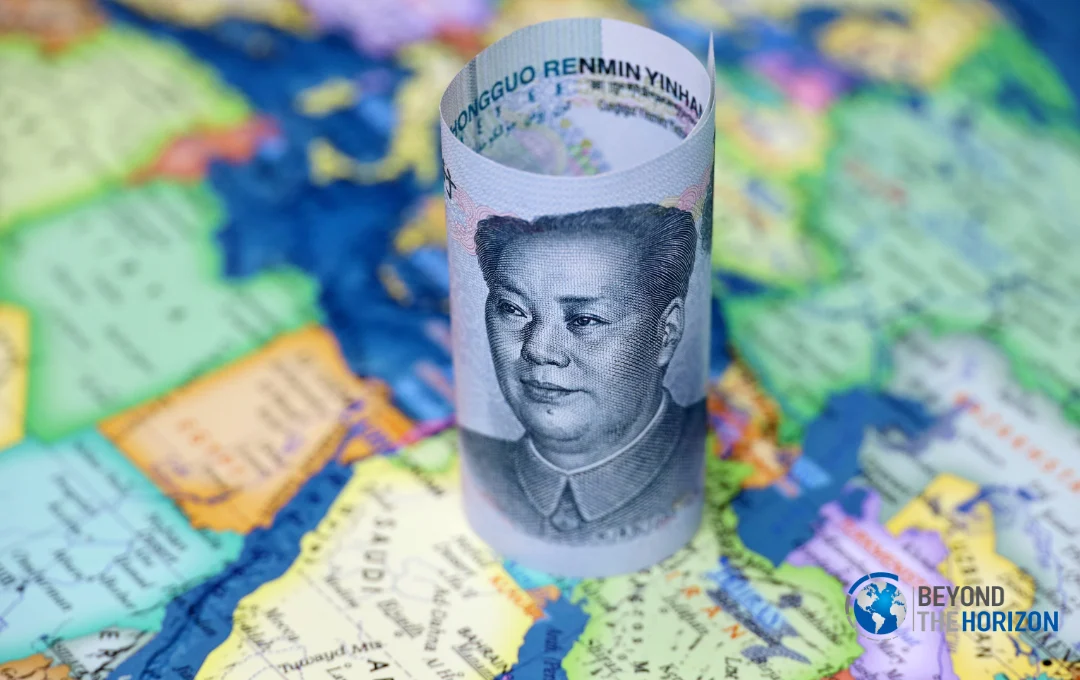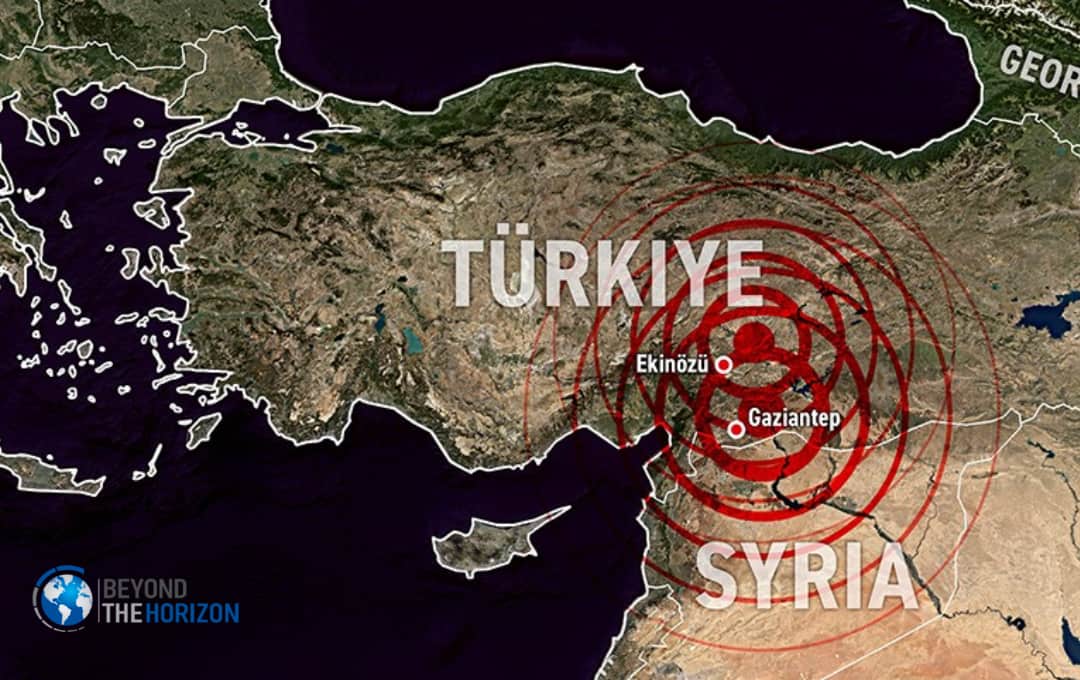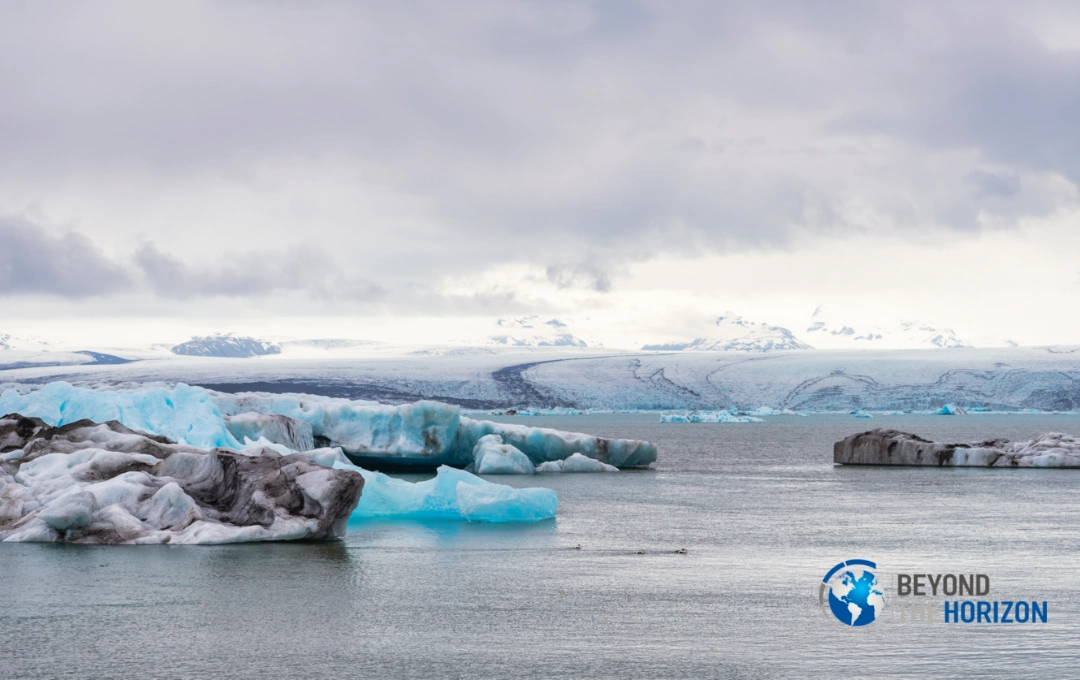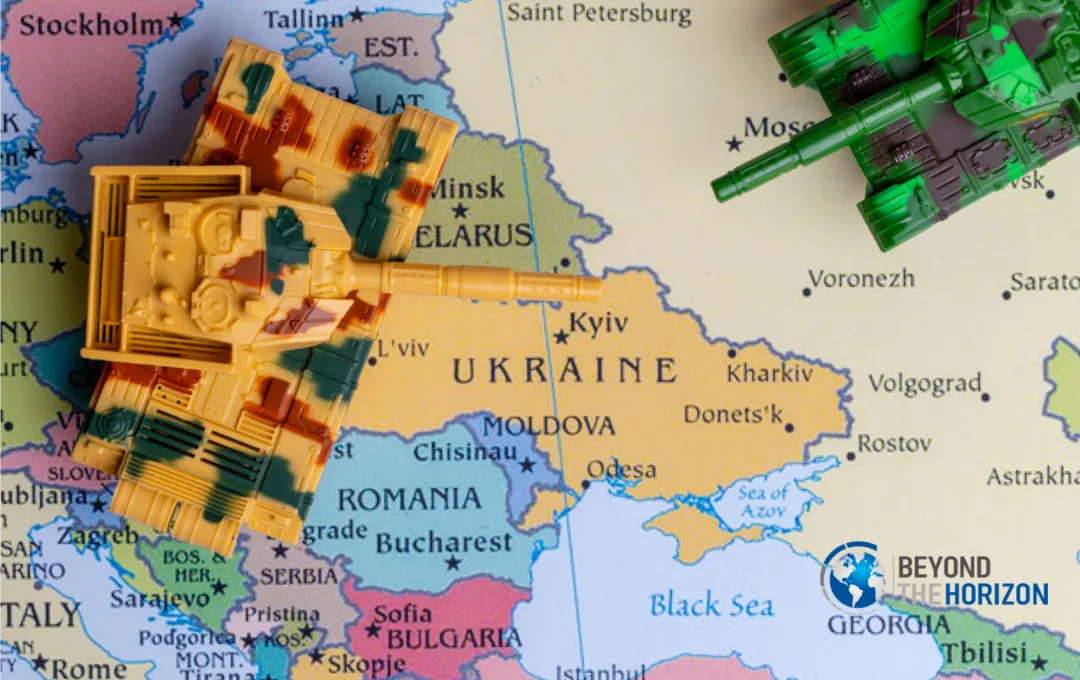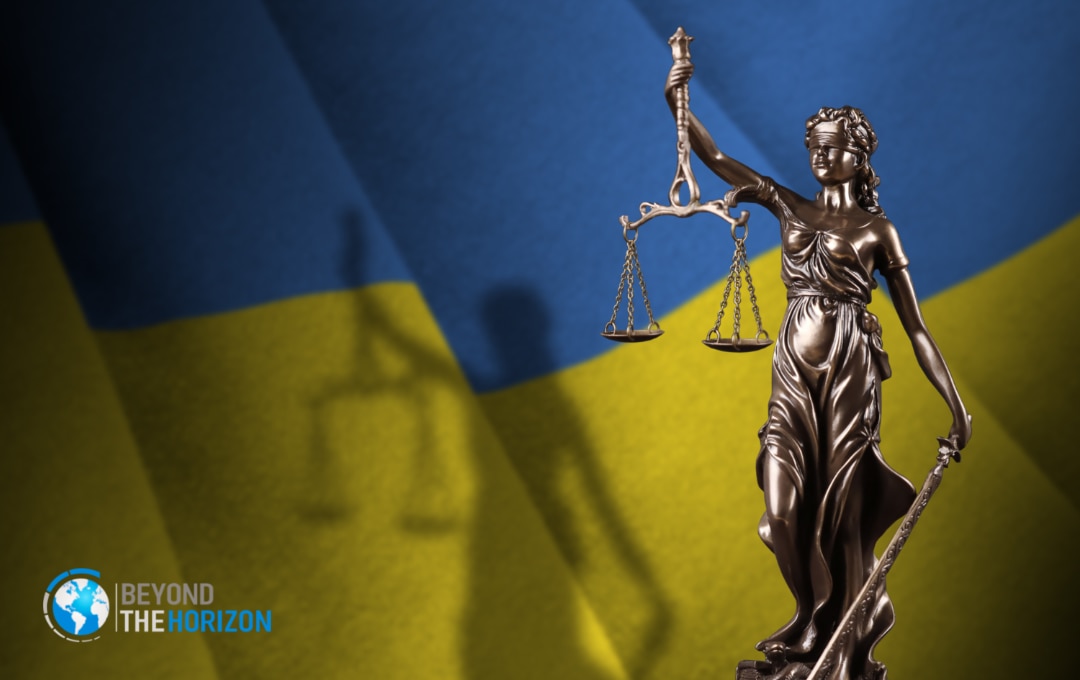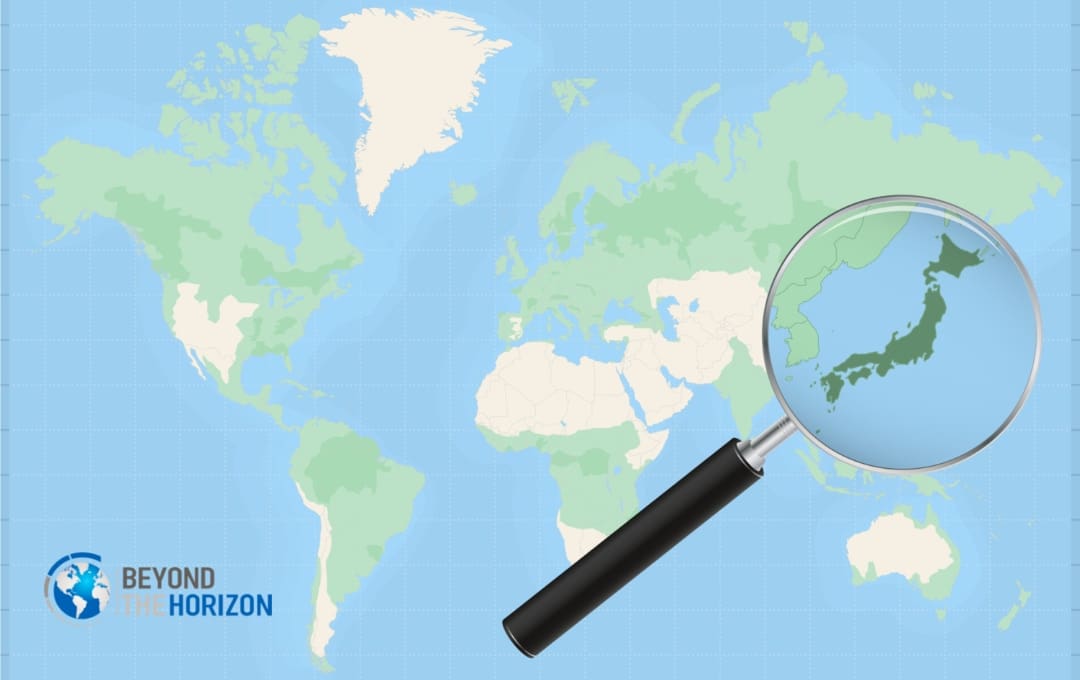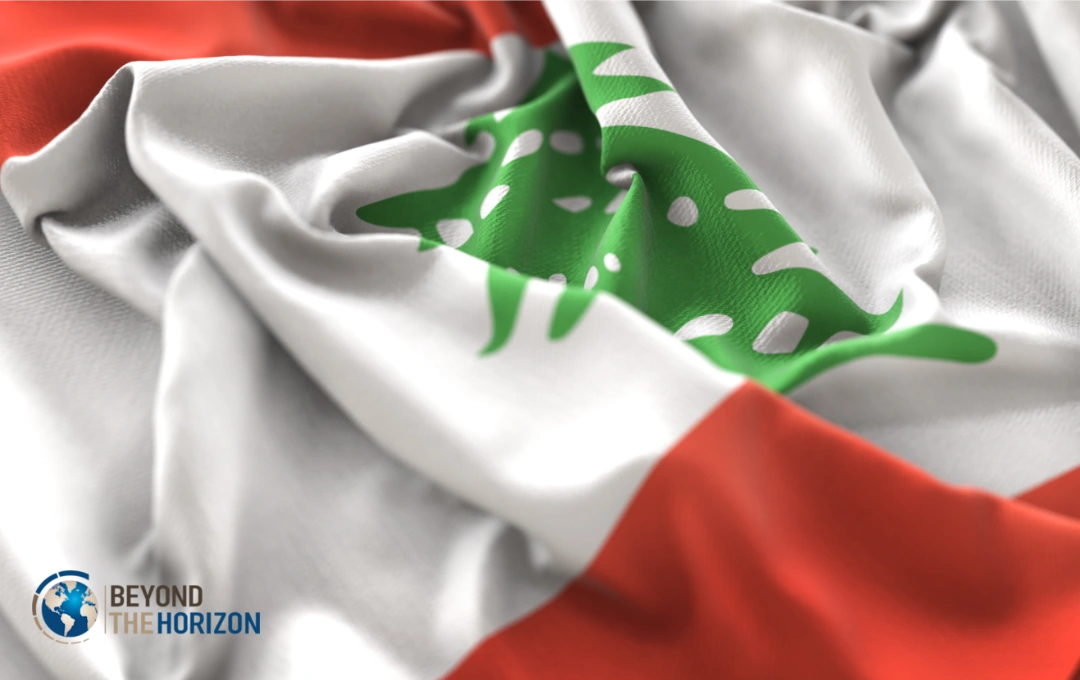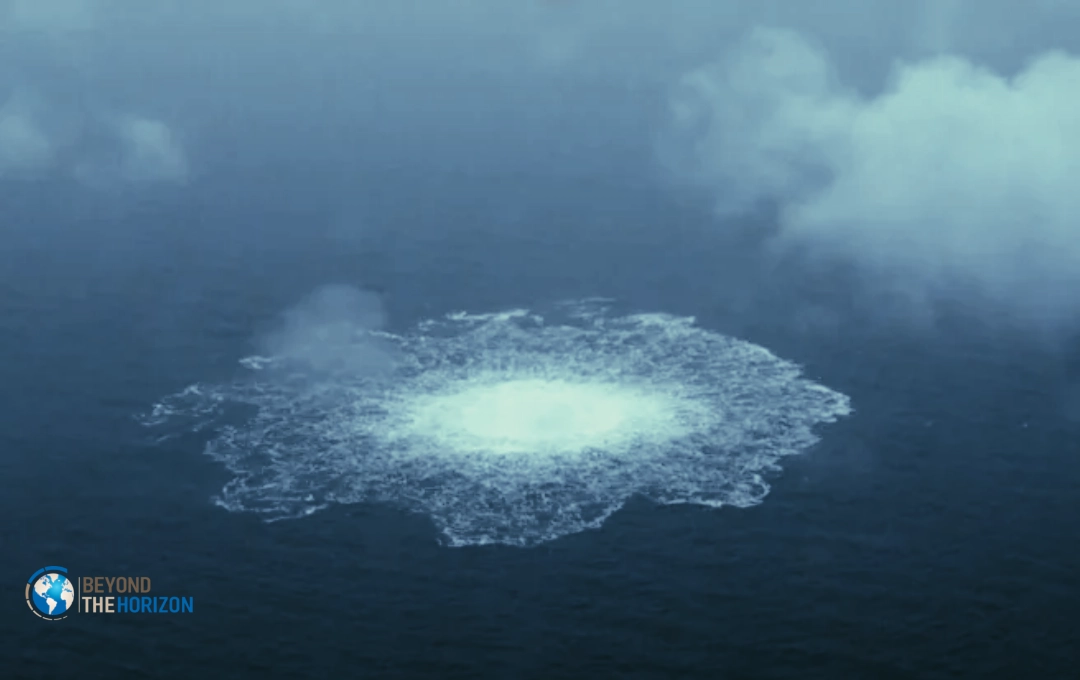Mediterranean Crisis Horizon (09 Mar – 09 Apr 2024)
ASSESSMENT
09 Mar – 09 Apr 2024
Greco-Turkish Relations
After the devastating earthquake in Turkey, a remarkable diplomatic calm dominates Greece-Turkey relations. Previously, there had been significant tensions along with dogfights and harassment between jets, coast guards and naval vessels. In recent months, the number of engagements has decreased to zero. Senior officials from both sides gave positive comments regarding the “positive agenda” or the “positive climate” in Greco-Turkish Relations.
It seems that both governments seized the opportunity to reverse the track in their foreign policy since they could present a concrete reason to their constituents, especially those who have ultra-nationalistic tendencies. Even though any reconciliation should be appreciated, it is wise to blow on the cold water because the underlying problems are still there.
Migration
The number of migrants passing over the Mediterranean has exploded in recent months, and there is an urgent need to take a holistic approach to migration. Southern members of the EU pursue a policy based on ignorance and dismiss the cause of human lives. Hence, the humanitarian situation is getting worse. They also aim to hinder rescue activities carried out by NGOs and put an effort to criminalise their humanitarian activities. As a result, each week, there is a new tragedy and loss of lives inconsistent with international law and European values.
Mediterranean Crisis Horizon (05 Feb - 08 Mar 2023)
05 Feb-08 Mar 2023
Greece- Turkey Relations
- Following the devastating earthquake in Turkey, Greece was one of the first countries which scrambled to help its neighbour, similar to the situation in 1999. The Greek Foreign Minister visited the earthquake zone, and a photo of both Greek and Turkish Foreign Ministers hugging each other circulated in the media. Greek PM Mitsotakis and Turkish President Erdogan also had a conversation for the first time since the Greek PM’s Washington visit, after which Erdogan said that Mitsotakis “no longer exists for him.” The positive atmosphere continued after the tragic train accident in Greece.
- Recent tragic incidents have caused public outrage in both countries. In Turkey, the corruption and failure to carry out necessary controls in the construction of buildings resulted in the loss of thousands of lives in the earthquake. The failure of state institutions and the indifference of state and government officials further fueled the existing discontent within Turkish society. The polls are not in favour of the government. The ruling parties seek ways to delay the elections citing the earthquake and buying some time. Erdogan’s ultra-nationalist ally Bahceli even went to great lengths to make bizarre proposals such as closing the Turkish supreme court and issuing bans on football clubs playing without spectators due to the anti-government protests in the stadiums.
- After the train accident in Greece, thousands of citizens took to the streets to protest the lack of adequate safety measures. Journalist Tom Ellis of eKathimerini noted that this situation has led to an “anti-systematic sentiment” that could potentially result in a coalition government and help the far-right bolster its polls should the greek supreme court allow the Golden Down to participate in the elections.
- The dust has yet to settle. Although the positive atmosphere generated by the earthquake provided an opening for diplomacy, the domestic factors in the aftermath of the elections can quickly revert the situation before the elections. It’s no secret that politicians often resort to blaming external factors for deflecting from their own failures within their respective countries.
Migration in the Mediterranean
- The Eastern Mediterranean has seen a slight decrease in the number of border crossings related to migration, while the figure in the Central Mediterranean has increased by almost 50%. Balancing the need to discourage irregular migration and the imperative of preserving human life is a delicate matter. Currently, European countries are adopting hawkish policies against migration. The rise of nationalist figures and far-right parties have played a significant role in this shift. The shipwreck tragedy is a salient manifestation of the policymakers’ disregard for human lives.
- Italian authorities failed to take action despite warnings from Frontex, resulting in the loss of lives. Even more troubling, Von der Leyen preferred praising Italy’s policies after such a deadly incident instead of upholding European values and speaking out against the failure to protect human life. Moreover, the Italian Foreign Minister’s comments regarding Greece’s “strong containment” policy and “pushbacks under scrutiny from the European Union” demonstrate the extent to which the migration policies are blatantly implemented against international law, European values, and common sense, whether his words were intentional or he blurted out.
Mediterranean Crisis Horizon (09-22 January 2023)
09-22 January 2023
- After Russia’s invasion of Ukraine, Europe has strived to break its energy dependence. In response to these efforts, Mediterranean countries and major energy companies such as Eni, Total, Exxon Mobil, Israeli energy firms, and Qatar Energy scrambled to discover and exploit new energy resources, build new ways of transportation, and upgrade the existing ones.
- In this respect, more and more activities, e.g. the discovery in the Nargis-1 well of Egypt and projects that will increase the volume of resources and enhance connectivity between the two regions, can be anticipated in the coming months and years, especially discoveries of natural gas and increasing the transportation capacity via LNG.
- Europe is already on its way to the Green transition despite the resistance and other hurdles. Increasing energy prices and demand have contributed to supplier countries’ economies. However, most of these initiatives are short-term band-aids for the deep wounds in Europe. They are likely to be small or medium-sized projects unless they are consistent with the decarbonisation efforts.
- All these developments take place in a challenging geopolitical environment along with elections to be held in Cyprus, Greece, and Turkiye and the countries’ domestic problems though the distinction between domestic, regional, and international issues become blurred. Libya and Cyprus continue to be two primary faultlines in the Eastern Mediterranean.
- Elections in Libya do not seem on the horizon. The competition between rival factions, mainly the interim government and parliament, intensifies and pushes them to seek outside parties’ support. Ankara strives to leverage its relationship with Tripoli to break its isolation and overcome its exclusion from the regional dynamics. The decision of a Tripoli court to suspend the energy deal could be a blow to Ankara. Yet, the court did not provide a detailed justification for the decision and left room for appeal. Hence, we need to watch what will come next.
- The drilling efforts in off south Cyprus and south Crete will be conducted in the “disputed” zones. For the former, Ankara demands a fair share of the Turkish Cypriots. According to the UN roadmap supported by the international community, the resolution should be based “on a bizonal, bicommunal federation.” This means that the Turkish Cypriots should have a share in the discovered resources.
- On the other hand, the Turkish side articulates that the solution must be based on a two-state solution which is not even supported by countries such as Germany, which has good relations with Turkiye. Therefore, the two-state solution proposed by Ankara is inconsistent with their demands for Turkish Cypriots’ share. In an ideal situation, the UN roadmap should be applied, maybe with some changes, and the Northern part of the island can benefit from the discoveries accordingly.
- The Greeks object to this idea mainly to avoid a tacit recognition of the Northern part as well as use this as a bargaining power if the sides come to the table again. The Turks believe they should get their fair share irrespective of the resolution of the Cyprus issue. Although this is an intricate but old issue, the context is entirely different this time.
- Currently, the situation on the Island is not encouraging, which also reverberates into a report by the UN Secretary-General. In this pessimistic environment, Ankara deploys additional military assets into Northern Cyprus, where a large Turkish military presence exists.
- Hardliners are in power in both Northern Cyprus and Turkiye. Cyprus, Greece and Turkiye will face elections next year. Turkish President Erdogan struggles with the plunging economy and his decreasing popularity, and this election is a matter of survival. Erdogan and Turkish commentators frequently issue threats against Greece. In the meantime, Mitsotakis’s government suffers from spyware scandals. Therefore, tensions between both countries are very high, and both sides opt to mobilise constituents by using nationalist sentiments.
- The Eastern Mediterranean can provide alternative energy resources to Europe and also become a ticking bomb as new resources are discovered. It is implausible that there will be an all-out war between Athens and Ankara. However, there might be an intended crisis or an awkward incident, e.g. dog fights or clashes between coast guards and navies can ignite unexpected and dangerous situations.
- Therefore, we are in a challenging period and in dire need of diplomacy and common sense to avoid further escalation and conflicts. Last but not least, big players should encourage regional nations to come to the table instead of thinking only about their short-term interests.
Exploding Numbers in Migration
- According to figures from different European and national agencies, migration is significantly on the rise in the Mediterranean region. Moreover, Erdogan started to approach Assad in a bid to mend frozen ties with regional countries. Turkiye hosts 3.7 million Syrian refugees per the UN, which is an acute problem for the country. If Syrians are decided to be sent back, then a new migration wave can be expected.
- Taken with the current increase of migration in the Central and Eastern Mediterranean, Europe must seriously consider appropriate responses and alternatives to the unfolding realities. Northern Europeans should not disregard their responsibility and show solidarity with their peers. On the other hand, southern European countries should stop pushbacks and concluding deals with regional countries, including inhuman applications, notably pullbacks to curb migration. These deals can be easily weaponised, like energy.
- Militarising and criminalising migration is also another major problem for Europe. State and government officials target humanitarian workers and agencies. This only helps far-right politicians and creates double trouble. Nonetheless, the Russian invasion of Ukraine showed that Europe could overcome problems with unity and solidarity.
Mediterranean Crisis Horizon (19 Dec 2022 - 08 Jan 2023)
19 Dec 2022 – 08 Jan 2023
-
- After Russia’s invasion of Ukraine, Europe has strived to break its energy dependence. In response to these efforts, Mediterranean countries and major energy companies such as Eni, Total, Exxon Mobil, Israeli energy firms, and Qatar Energy scrambled to discover and exploit new energy resources, build new ways of transportation, and upgrade the existing ones.
- In this respect, more and more discoveries and projects that will increase the volume of resources and enhance connectivity between the two regions can be anticipated in the coming months and years, especially discoveries of natural gas and increasing the transportation capacity via LNG.
- Europe is already on its way to the Green transition despite the resistance and other hurdles. Increasing energy prices and demand have contributed to supplier countries’ economies. Most of these initiatives are short-term band-aids for deep wounds of Europe and the regional governments, and they are likely to be small or medium-sized projects unless they are consistent with the decarbonisation efforts.
- All these developments take place in a challenging geopolitical environment. For instance, the drilling efforts in Block 6 off south Cyprus and south Crete will be conducted in the “disputed” areas. For the former, Ankara demands a fair share of the Turkish Cypriots. According to the UN roadmap supported by the international community, the resolution should be based “on a bizonal, bicommunal federation.” This means that the Turkish Cypriots should have a share in the discovered resources.
- On the other hand, the Turkish side articulates that the solution must be based on a two-state solution which is not even supported by countries such as Germany, which has good relations with Turkiye. Therefore, the two-state solution proposed by Ankara is inconsistent with their demands for Turkish Cypriots’ share. In an ideal situation, the UN roadmap should be applied, maybe with some changes, and the Northern part of the island can benefit from the discoveries accordingly.
- The Greeks object to this idea mainly to avoid a tacit recognition of the Northern part as well as use this as a bargaining power if the sides come to the table again. The Turks believe they should get their fair share irrespective of the resolution of the Cyprus issue. Although this is an intricate but old issue, the context is entirely different this time.
- Hardliners are in power in both Northern Cyprus and Turkiye. Cyprus, Greece and Turkiye will face elections next year. Turkish President Erdogan struggles with the plunging economy and his decreasing popularity, and this election is a matter of survival. Erdogan and Turkish commentators frequently issue threats against Greece. In the meantime, Mitsotakis’s government suffers from spyware scandals. Therefore, tensions between both countries are very high, and both sides opt to mobilise constituents by using nationalist sentiments.
- Greece had already published a NAVTEX message to expand the zone where ExxonMobil conducts seismic surveys off the coast of Crete into a disputed area with Libya. Extension of territorial waters around Crete is also frequently articulated by Greece, which Ankara considers as a casus belli.
- The Eastern Mediterranean can provide alternative energy resources to Europe and but become a ticking bomb as new resources are discovered. Even though an all-out war between Athens and Ankara seems implausible, there might be intended crisis or awkward incidents between coast guards, and the navies of both sides can ignite unexpected and dangerous situations.
- Therefore, we are in a challenging period and in dire need of diplomacy and common sense in order to avoid further escalation and conflicts. Last but not least, big players should encourage regional nations to come to the table instead of thinking only about their short-term interests.
Mediterranean Crisis Horizon (05- 18 Dec 2022)
05-18 Dec 2022
- After Russia’s invasion of Ukraine, Europe has strived to break its energy dependence. As a response to these efforts and the EU Green Deal objectives, Mediterranean countries scrambled to find and exploit new energy resources, build new ways of transportation, and upgrade the existing ones. In this respect, more and more discoveries and projects that will enhance the connectivity between the two regions, especially increasing the transportation capacity via LNG, can be anticipated in the coming years.
- Europe is already on its way to the Green transition despite the resistance and other hurdles. Increasing energy prices and demand have contributed to supplier countries’ economies. Most of these initiatives are short-term band-aids for deep wounds of Europe and the regional governments, and they are likely to be small or medium-sized projects unless they are consistent with the decarbonisation efforts.
- On the other hand, all these developments take place in a challenging geopolitical environment. The Libya-Turkey deal exacerbates the tensions between Greece and Turkey in a sensitive environment in which Cyprus, Greece and Turkey will face elections next year. Turkish President Erdogan struggles with the plunging economy and his decreasing popularity and frequently issues threats against Greece. In the meantime, Greek PM Mitsotakis suffers from the spyware scandals. Therefore, both sides opt to mobilise constituents by using nationalist sentiments.
- In this context, Athens launched a diplomatic campaign against the Libya-Turkey maritime accord. The issue is raised in every venue, e.g. in bilateral relations, European institutions, as well as in the UN. Moreover, Greece published a NAVTEX message to expand the zone where ExxonMobil conducts seismic surveys off the coast of Crete into a disputed area with Libya. Turkey has dispatched the drilling ship Abdulhamid Han into the undisputed zones, and Erdogan already stated that they could send survey vessels if other countries, notably Libya, request. As a result, the situation is becoming a tit-for-tat, similar to the crisis between Ankara and Athens in 2020.
- Other countries, notably Cairo, support Athen’s efforts since Turkiye irked regional countries by pursuing assertive and unilateral policies. However, they also follow similar policies to Ankara in their responses. Libya has a caretaker UN-backed government whose primary function is to deliver elections. After criticising the legitimacy of the Libya-Turkey deal, Greece pushed Libya to demarcate their borders, even requesting the US to exert pressure on the Libyan government, which is considered not to have a mandate by Greece.
- After Greece decided to expand the survey area into the disputed zones with Libya, this week, Egypt also unilaterally demarcated its Western borders in a bid to push Libya. These moves indicate that regional countries pursue a pragmatist zero-sum approach rather than a principled one. Pragmatism generates a fragile environment and hinders solutions that diplomacy can produce. It is worth reminding that relationships or deals built upon pragmatism can change overnight. Therefore, we are in a challenging period and dire need of diplomacy and common sense in order to avoid further escalation and conflicts. Last but not least, big players should encourage regional nations to come to the table instead of thinking only about their short-term interests.
Mediterranean Crisis Horizon (21 Nov - 04 Dec 2022)
07-20 Nov 2022
In recent weeks, the Mediterranean region has witnessed very swift and unexpected moves and countermoves. After the demarcation deal between Libya and Turkey, Cairo suspended the reconciliation process with Ankara. However, just after three weeks, Sisi and Erdogan, who have been long-time enemies, shook hands on the sidelines of the World Cup in Qatar. It was read by observers if both countries could be opening a new page or not.
Make no mistake, the rapprochement with Egypt has been the slowest one when compared with the Gulf countries for two primary reasons; Turkey’s support of the Muslim Brotherhood and the fact that they support rival factions in Libya. A few days after the handshake, Egypt inked an agreement with Greece regarding the delimitation of Search and Rescue Areas (SAR) and Flight Information Regions (FIR). The demarcated zones overlap with areas delimited by the Libya-Turkey deal. Therefore, this can be read as a response to Libya and Turkey.
In this context, Athens launched a diplomatic campaign against the Libya-Turkey maritime accord. The issue is raised in every venue, e.g. in bilateral relations, European institutions, as well as in the UN. Moreover, Greece published a NAVTEX message to expand the zone where ExxonMobil conducts the seismic surveys off the coast of Crete into a disputed area with Libya. Turkey keeps the drilling ship Abdulhamid Han in the bay of Antalya, and Erdogan already stated that they could dispatch survey vessels if other countries, notably Libya, request. As a result, the situation is becoming a tit-for-tat, similar to the crisis between Ankara and Athens in 2020.
Not all the news is bad. After the historic deal with Lebanon, Israel accepted the Qatari Energy Consortium to be involved in the drilling activities in the Lebanese waters. Most of the waters in the Kana-Sidon reservoir belong to Lebanon, whereas Israel holds a veto right in the decisions. Moreover, the Gaza gas deal signed by Egypt and the Palestinian authority awaits its response from the new government of Israel. The agreement with the Israel-Lebanon deal gives a glimmer of hope to the Palestinians that Israel can agree with the proposals, which can boost cooperation, calm down the tensions, and eventually support their cash-strapped economies.
Mediterranean Crisis Horizon (07-20 Nov 2022)
07-20 Nov 2022
27th Global Climate Conference (COP27)
- COP27 was organised in the Mediterranean region, warming 20% faster than the global average. Considering the scramble to find new energy resources in the midst of the Russian invasion of Ukraine and the upheaval in the Mediterranean and the broader MENA region, there is an additional need for efforts to combat climate change.
- This struggle has a high price tag, and developing countries demand funds from developed nations. The agreement on loss and damage can be considered a remarkable development, though there are flaws in how the money will be collected and distributed.
- The summit is also described as “untransparent, unpredictable and chaotic” and claimed to be one of “the worst talks on climate.” Egypt strives to portray itself as a pioneer in climate efforts in the region and polish its damaged diplomatic image by using the summit. The Egyptian foreign minister had already suggested the EIB and EBRD provide funds for natural gas projects in the last month.
- Yet, the host nation comes under fire for the bad management of the conference as well as the crackdown on political and climate activists. Apart from the environmental concerns, the EU or member states barely have brought up the issue of human rights when dealing with Egypt.
- Egypt’s position is strengthened with the tacit support of France and Greece to counter Turkey. In order to break its isolation in the region, Ankara had changed track and put an immense effort into mending relations with Cairo. Lastly, the presidents of both countries shook hands and gave a warm photo to the press this week; that is the first personal meeting in years. It also came a few weeks after Egypt suspended the reconciliation process with Turkiye because of the Libya-Turkiye deal. Their support of rival factions in Libya is an issue of profound dispute among the countries.
Libya: A faultline in the region
- Turkiye’s close relationship and the disputed deals with the Tripoli government irked Greece. Having demanded the US pressure Libya to demarcate borders with Greece, the Greek FM went to Libya for a planned meeting with the head of Libya’s Presidential Council, Mohamed Younis Menfi. Nonetheless, Dendias suspended his trip by citing his previous request to only meet with Menfi when the Libyan FM, who signed deals with Turkiye, appeared at the airport to welcome him.
- This put the Greek Foreign Minister in an awkward situation since he headed to Eastern Libya and met with Khalifa Hafter, the commander of the self-styled LNA, afterwards. As a result, he avoided facing the foreign minister but came together with a contested military figure. This shows that not only Turkiye but also Greece pursues a pragmatist approach rather than a principled one.
Greece-Turkey Relations
- Relations between the two countries did not see any change. Erdogan maintains his escalatory rhetoric against Greece on different venues. Strikingly, this situation has repercussions for Ankara’s F16 deal with Washington. On top of the elections he faces next year, he may use the disputes for bargaining with the US since a powerful group of senators opposes the deal.
- In addition to Libya, Turkiye inked a deal with Algeria for oil and gas exploration. The agreement has political objectives, e.g. increasing Ankara’s footprint in Africa more than financial gains.
- After returning to power, Netanyahu’s approach against Turkiye was a question mark. He pledged to sustain the so-called “new era” in the relations. However, Israeli officials stated on different occasions that this rapprochement would not be at the expense of Greece. That’s why the Greek defence minister paid a visit to Athens after he cancelled the previous one when he was in Ankara to meet his Turkish counterpart.
- In sum, regional countries pursue a pragmatist approach to short-term gains and a zero-sum mentality. This generates a fragile environment and hinders solutions that diplomacy can produce. It is worth reminding that relationships or deals built upon pragmatism can change overnight, and two wrongs do not make a right. Therefore, diplomacy is the only way out.
Mediterranean Crisis Horizon (24 Oct – 06 Nov 2022)
24 Oct – 06 Nov 2022
The Chaos in Libya and its Repercussions on the Region
- The chaos and uncertainty in Libya persist since the presidential elections did not take place on the planned date for various reasons. The Eastern factions claim that the mandate of GNU (Government of National Unity), the interim government, ended in December 2021. International actors published a joint statement in order to defer unilateral actions for taking control of Tripoli.
- The postponement of the elections exacerbates the existing stalemate in Libya and undermines the limited legitimacy of the Dbeibeh government. Moreover, one week ago, Khalifa Haftar stated that he was about to take “decisive action,” meaning that he can launch a strike against Tripoli. This is expected since the longer the uncertainty, the bigger the risk of armed conflict.
- In this context, the Tripoli government inked new agreements with Turkiye about oil and gas exploration as well as receiving military support, notably for the procurement of Turkish drones. The former aims to bring Turkish drilling ships to the contested maritime zones delimited by the 2019 Libya-Turkey maritime deal, while the latter is about to solidify the GNU’s military posture against a military escalation.
- As expected, Cyprus, Egypt and Greece blasted these deals, and Western countries, such as the US, the EU, and Germany, criticised the Libyan government and urged them to avoid engaging in such agreements until the elections occur.
- Following the deal, Cairo suspended the normalisation process with Ankara, and Athens requested Washington to exert pressure on the Tripoli government to engage with Greece to demarcate the Exclusive Economic Zones.
Greco-Turkish Disputes
- The Libya-Turkey deal exacerbates the tensions between Greece and Turkey in a sensitive environment in which Cyprus, Greece and Turkey will face elections next year. Turkish President Erdogan struggles with the plunging economy and his decreasing popularity. In the meantime, Greek PM Mitsotakis suffers from the spyware scandals. Therefore, both sides can opt to mobilise constituents by using nationalist sentiments.
- The Turkish government frequently raises the issue of demilitarisation of the islands and issues threats against Greece. The drilling vessel Oruc Reis also operates in the Gulf of Antalya. If Turkey sends the drilling vessel to the contested waters off Coast Crete, Cyprus, or Libya, then it may raise the already-high tensions.
- On the other hand, Greece articulates in different venues about extending the territorial waters to 12 nautical miles, which Ankara considers as casus belli. SYRIZA leader Tsipras also called the government for the extension, though it is worth asking why he did not make this decision during his term if this is not lip service before elections.
- In this respect, we are in a tough period in dire need of diplomacy and common sense.
Lebanon-Israel-Cyprus
- Another country struggling to have a functioning government and economic turmoil in the region is Lebanon. The current President Aoun’s term has ended without a successor. Meanwhile, in Isreal, Benjamin Netanyahu, who pledged to reverse the historic maritime deal with Lebanon, returns to power after winning the last elections.
- Beirut is currently engaging with Cyprus for border talks and energy companies in order to set the stage for exploration activities since it badly needs cash flows and strives to exploit the resources in the region.
- Considering that the US threw its weight to end the dispute and Israel already started the testing phase in the Karish field, it will be challenging for Netanyahu to keep the promise he made before the elections. Nonetheless, the situation is still fragile, and any move can spark tension.
Mediterranean Crisis Horizon (10-23 Oct 22)
Assessment (10-23 Oct 2022)
A report devised by the European Commission criticised Ankara in many respects, notably for “unauthorised drilling activities,” and states that the situation in the Eastern Mediterranean returned to the levels of 2020. Among the escalatory rhetoric and tensions between Ankara and Athens, the Turkish survey vessel Oruc Reis was spotted in the East Aegean last week, for which the Turkish Navy already had issued a NAVTEX warning last month. According to the data from marine traffic, she currently operates in the Gulf of Antalya.
Meanwhile, the Turkish State Broadcaster (TRT) published maps indicating Greece within the range of a new and indigenously developed short-range ballistic missile named Tayfun. President Erdogan stated that the test of the Tayfun missile was a message to the Turkiye’s enemies.
On the one hand, Ankara has approached Egypt, Israel, Saudi Arabia and the UAE to mend its ties and decouple them from Cyprus and Greece since it is excluded in the newly established East Med Gas Forum. On the other hand, the Turkish government is trying to put pressure on Greece by using various tools, e.g. dispatching Oruc Reis, signing MoUs with Libya, conducting a show of force, and raising the “demilitarisation” issue on international venues.
After the war in Ukraine, Turkiye also aims to bolster its image and seek implicit support from Russia. News about opening a consulate and starting flights to Northern Cyprus and the statements regarding making Turkey an energy “hub” shows that Putin is willing to give this support, at least at the rhetorical level, in order to undermine the efforts to bring energy resources from the Eastern Mediterranean to Europe, an alternative to the Russian gas. However, the feasibility and significance of Russia’s actions are other questions worth asking.
Mediterranean Crisis Horizon (05 Sep-09 Oct 22)
Assessment
In early 2022, the Turkish government signalled that this year would be a year of normalisation. Despite the widespread scepticism regarding the authenticity of these efforts, Turkiye has made substantial progress. The rapprochement with Israel can be considered the most critical outcome of this period, which ends with the (re)appointment of the ambassadors.
The relations with Saudi Arabia and the UAE also ameliorated, and they even concluded some deals with Turkiye. On the other hand, Cairo is still hesitant to proceed with Ankara, keeping it at arm’s length, and ties between Ankara and Athens start to deteriorate after a calm period.
Regarding Egypt, there is no significant change to transform the relations, and the problems remain; Turkiye’s support for Muslim Brotherhood, though Ankara imposed restrictions on their activities and the fact that they are backing the opposing sides in Libya.
When it comes to the Greco-Turkish relationship, there is a pessimistic picture, and the current situation marks a profound shift in the reconciliation efforts. There are two primary reasons for this change.
First, Ankara-Washington relations have soured in recent years, and it was somehow managed via Trump’s personal relationship with Erdogan, which ended after the change of the US administration. In this context, Erdogan could not set a personal meeting while the Greek PM was given the opportunity to address the US Congress. In his speech, Mitsotakis implicitly urged the US Congress to impose conditionality or not to provide upgraded F-16s, which Turkiye badly needs since it was removed from the F-35 programme.
Following this development, the Turkish president said he no longer recognised Mitsotakis. Turkish officials and commentators articulated that Turkiye is encircled by Cyprus and Greece, which are armed by the US and make threats against Greece.
Second, elections are approaching in both countries. Especially for Erdogan, the next election is a matter of survival since he has significantly lost his popularity and support. Therefore, he expects to attract constituents and boost his and his coalition’s image by invoking nationalist sentiments.
In this context, three salient issues are needed to be watched about Greco-Turkish relations; the demilitarisation of the Aegean Islands, the Cyprus issue, and sending of survey vessels to the disputed maritime zones. All can cause escalation and even an incident in the region.
According to circulating scenarios, the Turkish government may opt to send special forces to the tiny islands, annexe Northern Cyprus, or increase tensions by dispatching drill ships escorted by the Turkish Navy, should Erdogan think he will lose the elections.
Israel-Lebanon and Israel–Cyprus
Meanwhile, in the South of the Eastern Mediterranean, Israel resolved two disputes with Cyprus and Lebanon. These are significant developments when Europe badly needs to diversify its energy resources.

